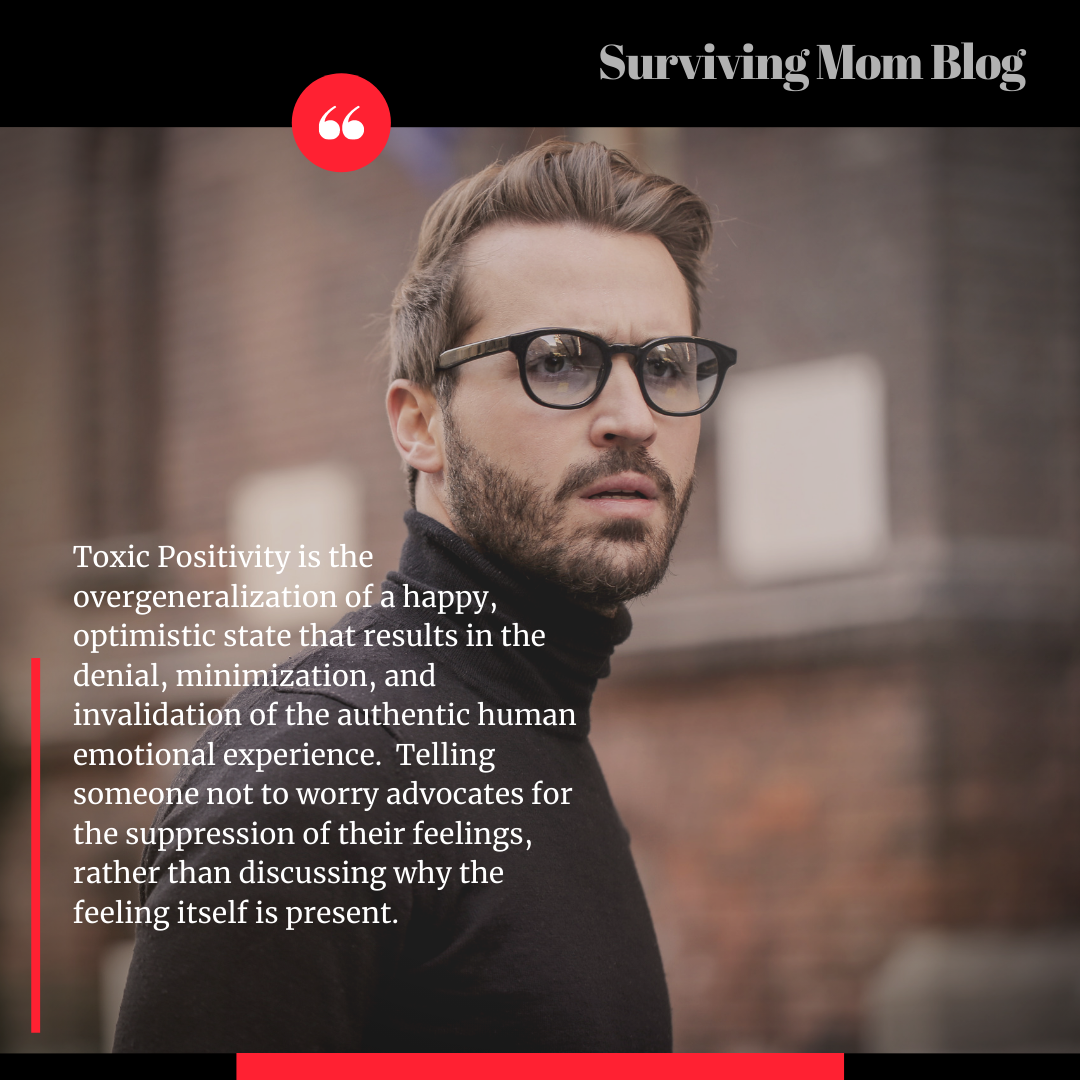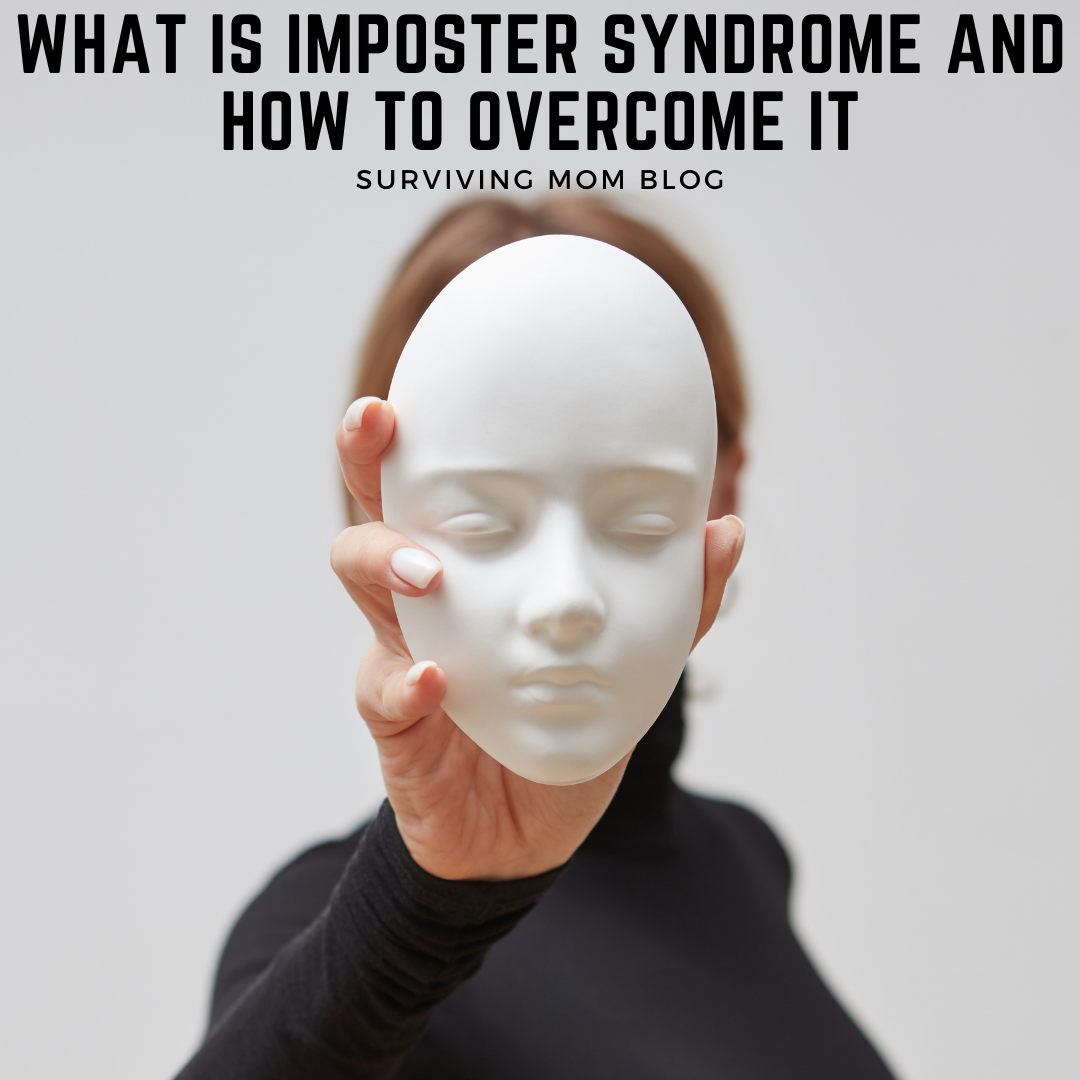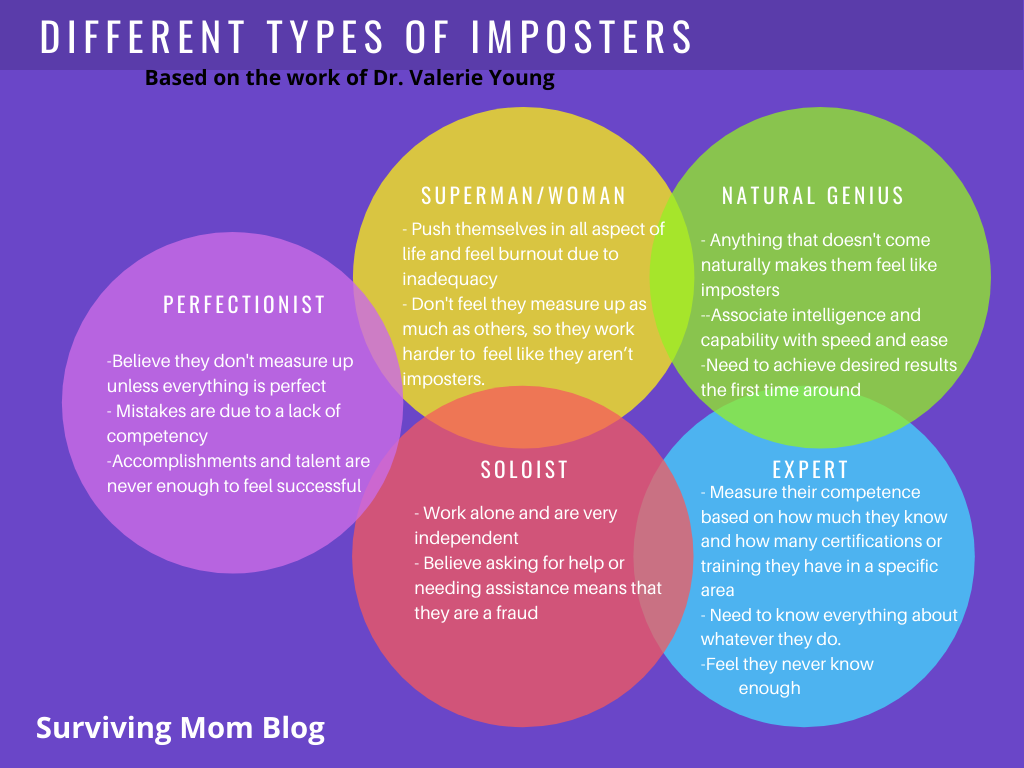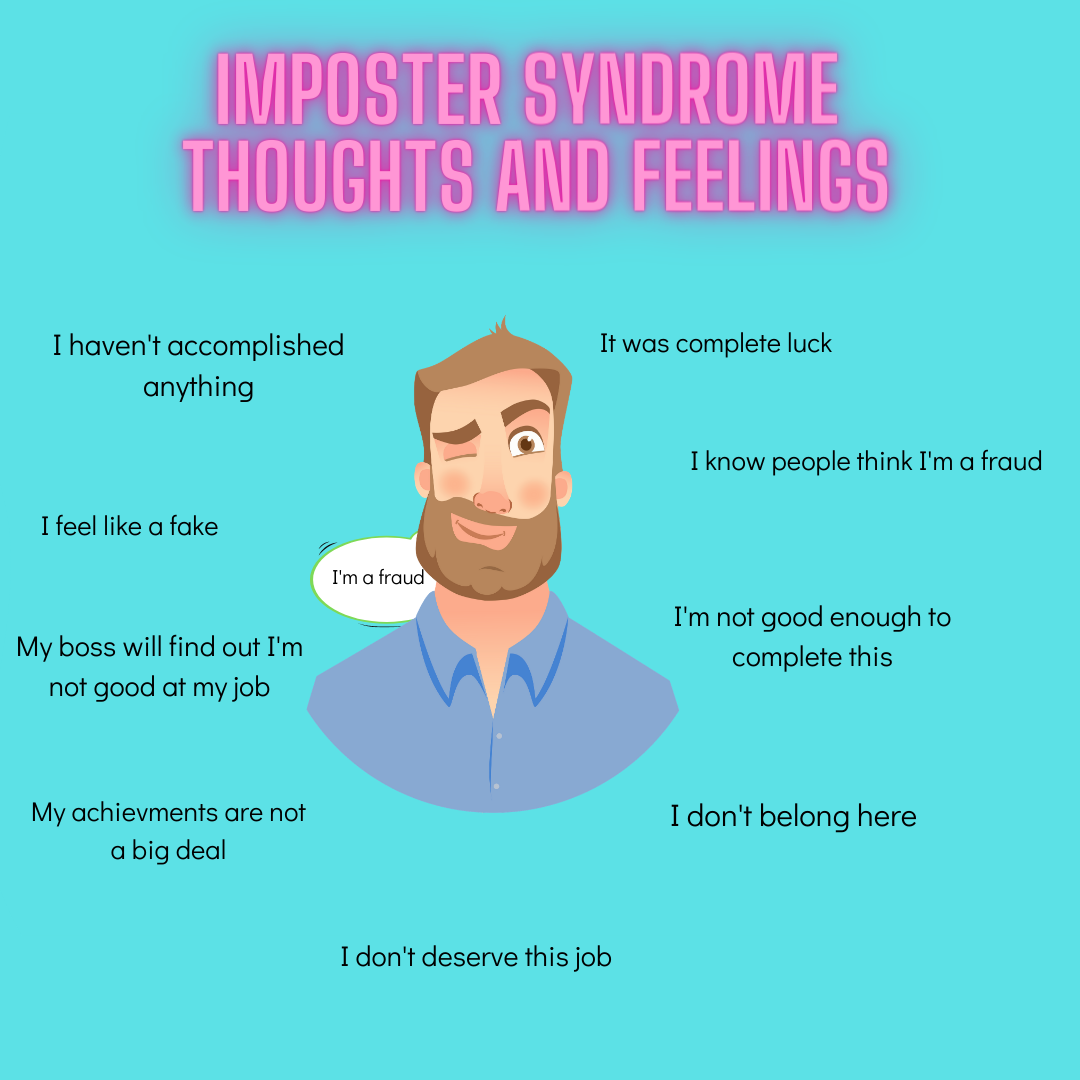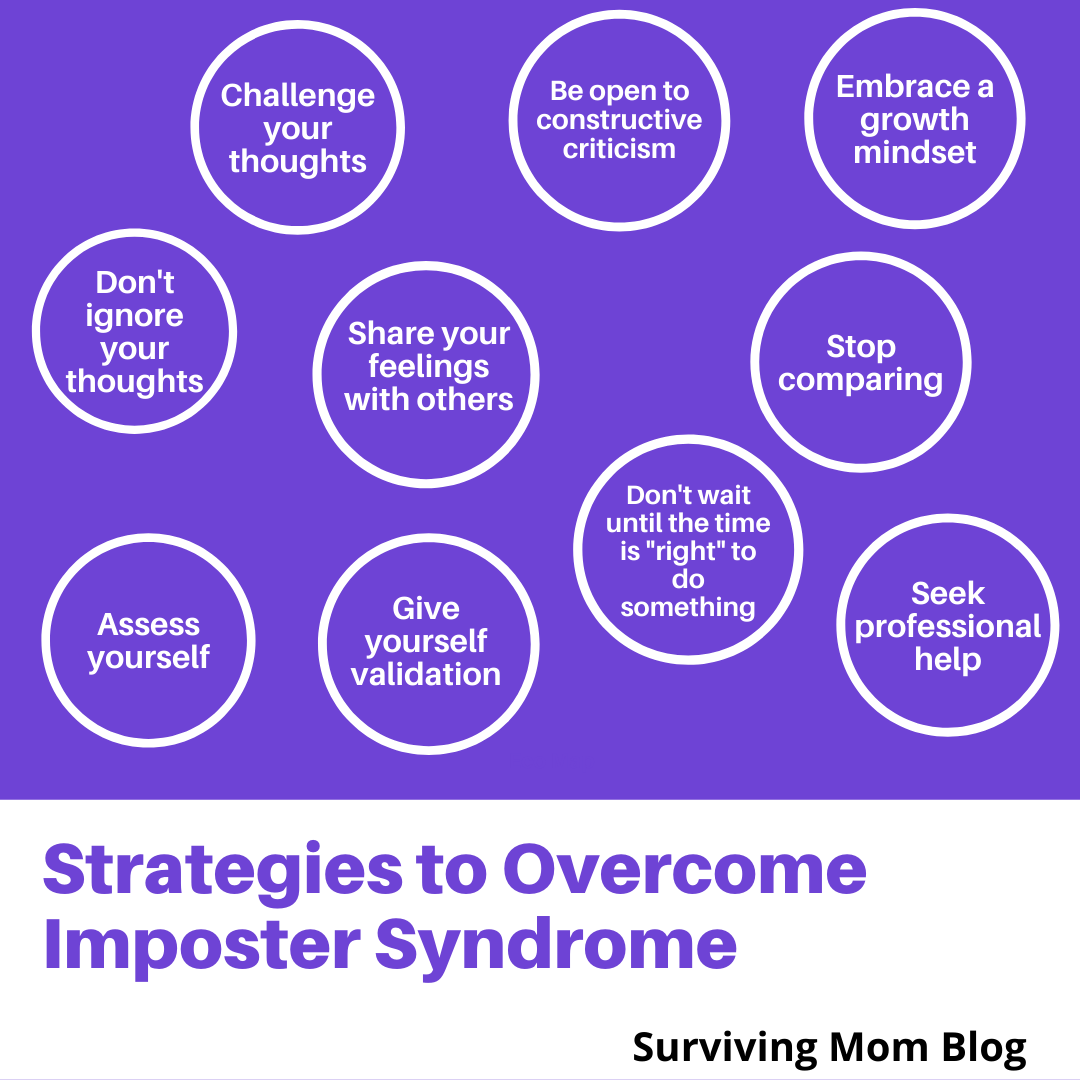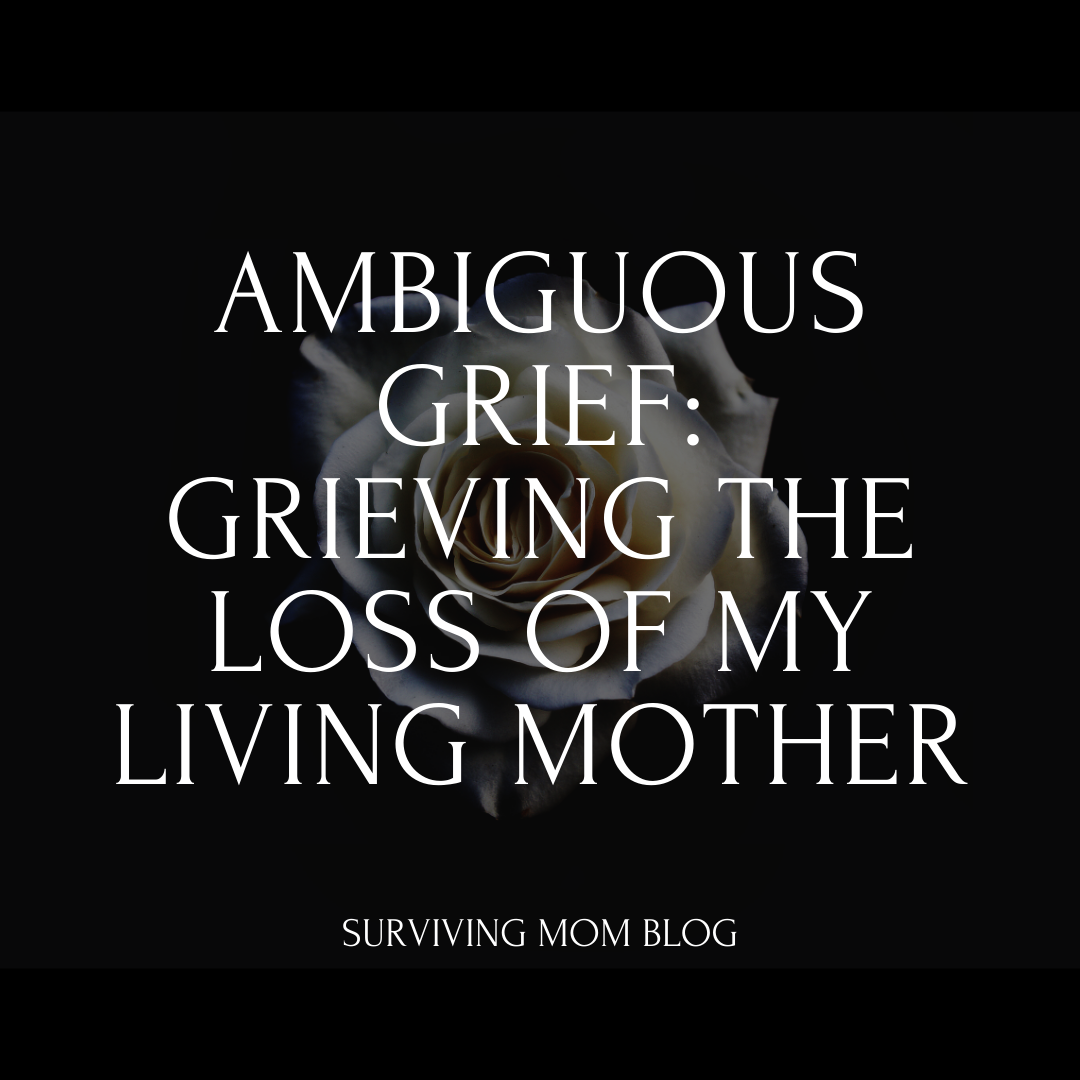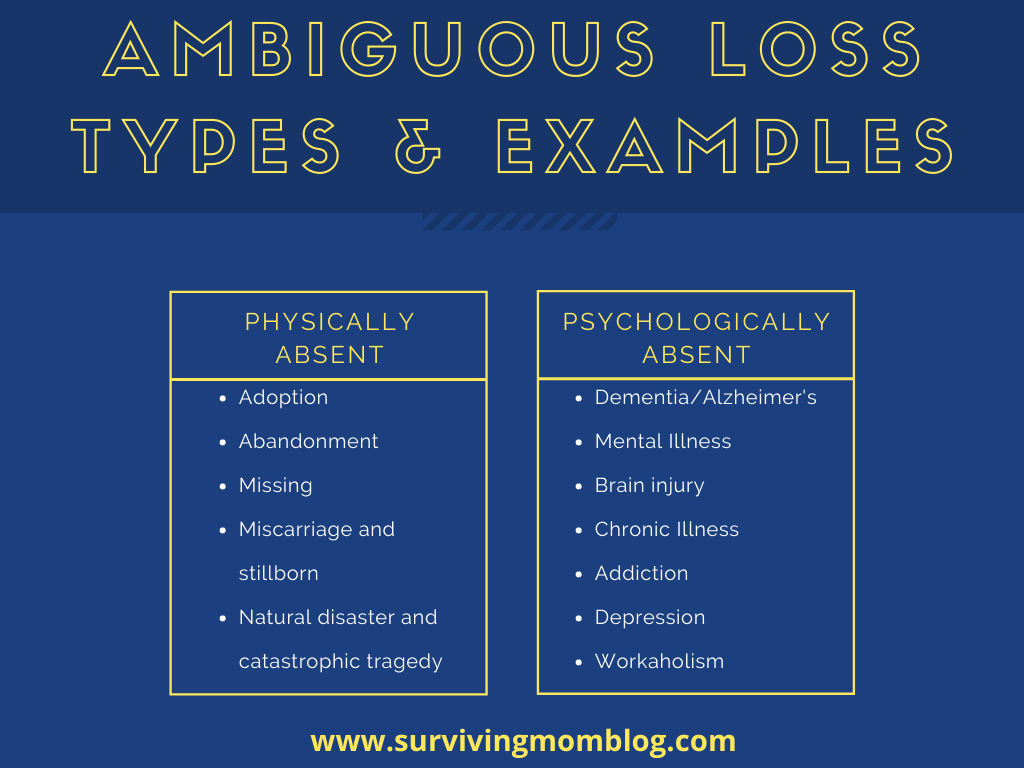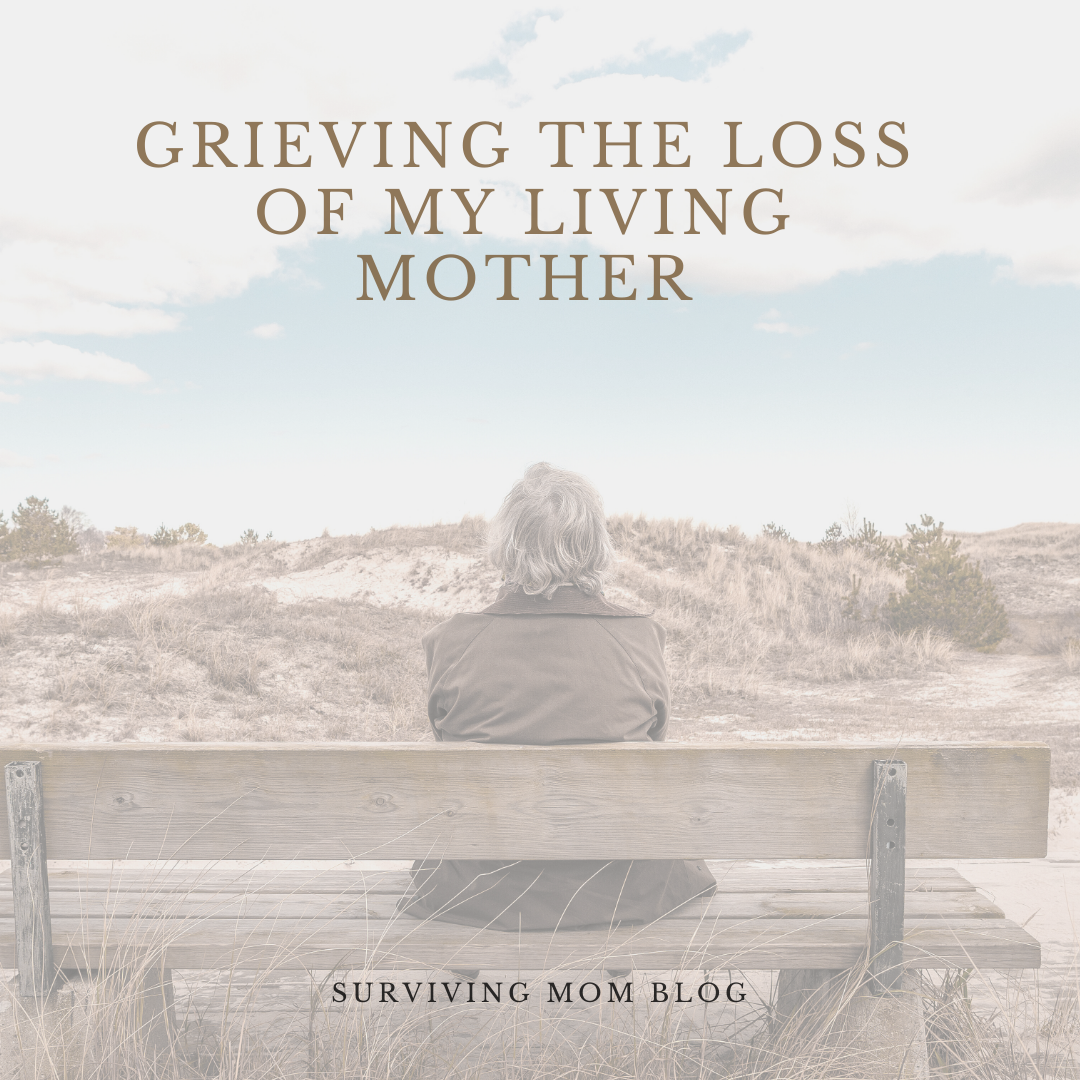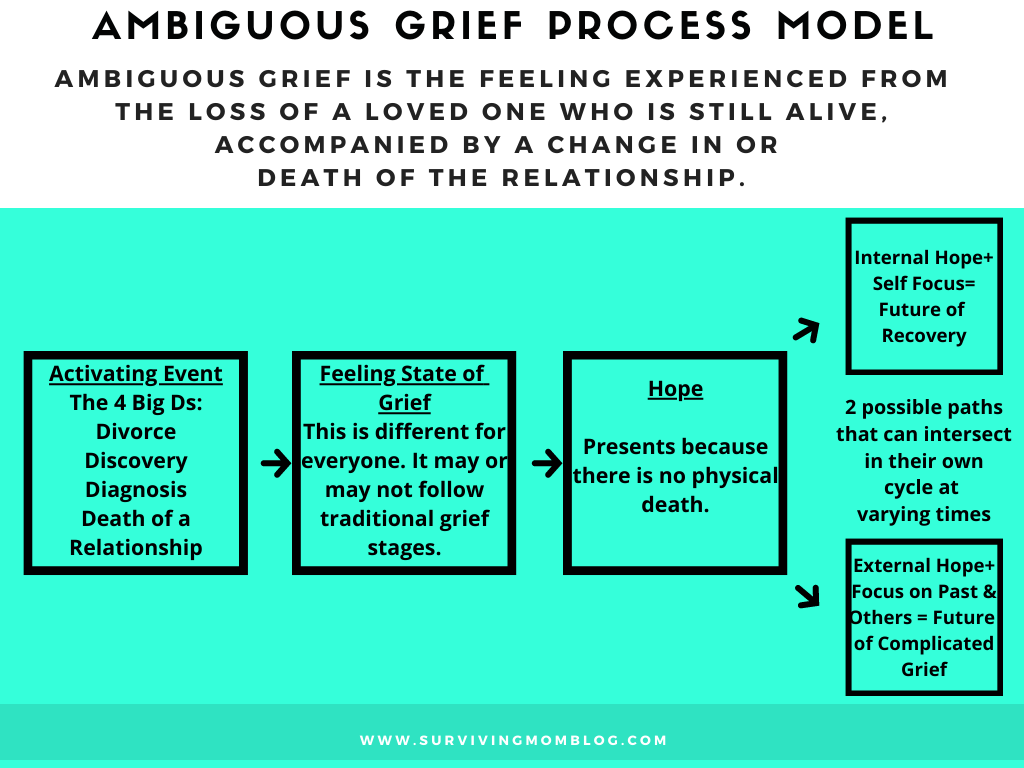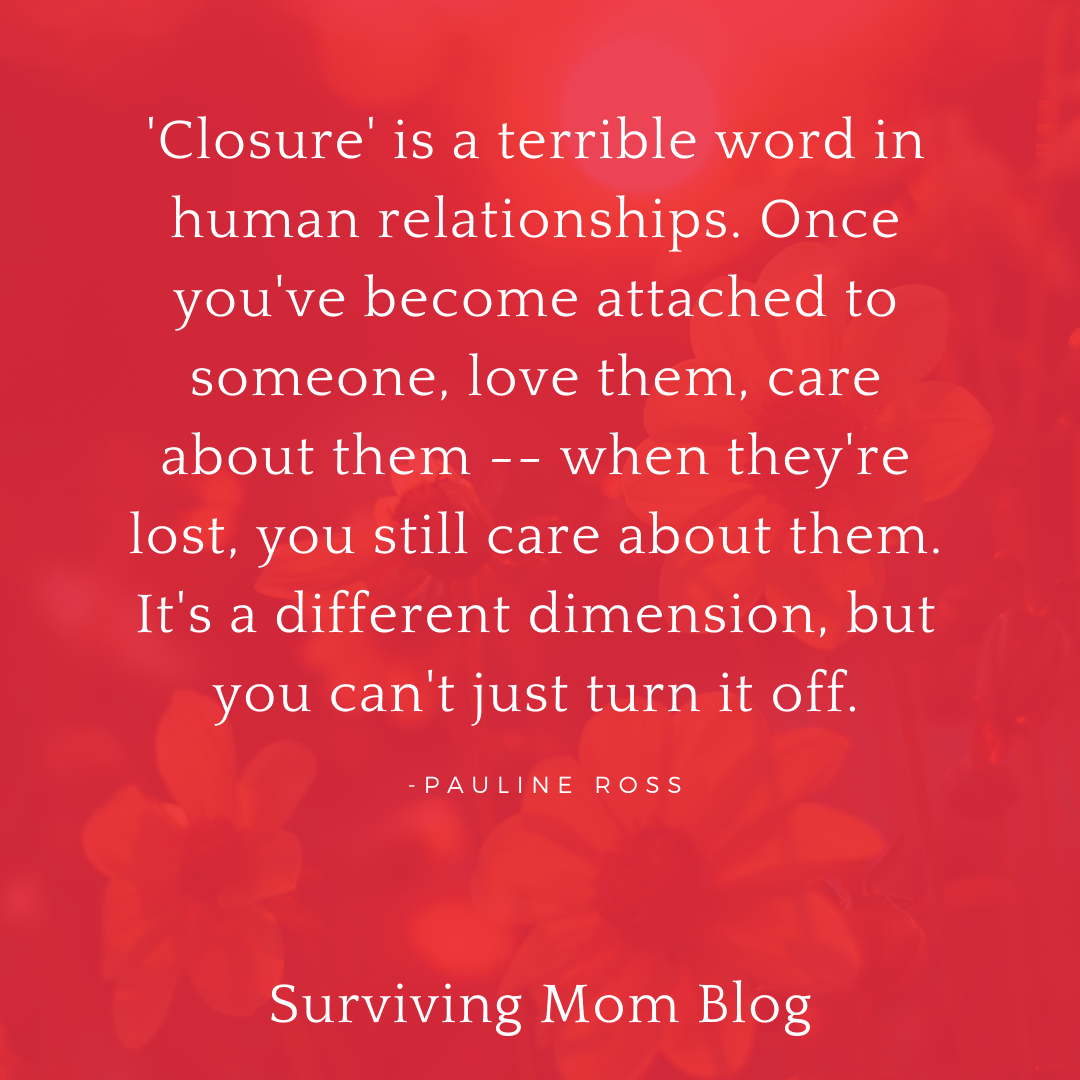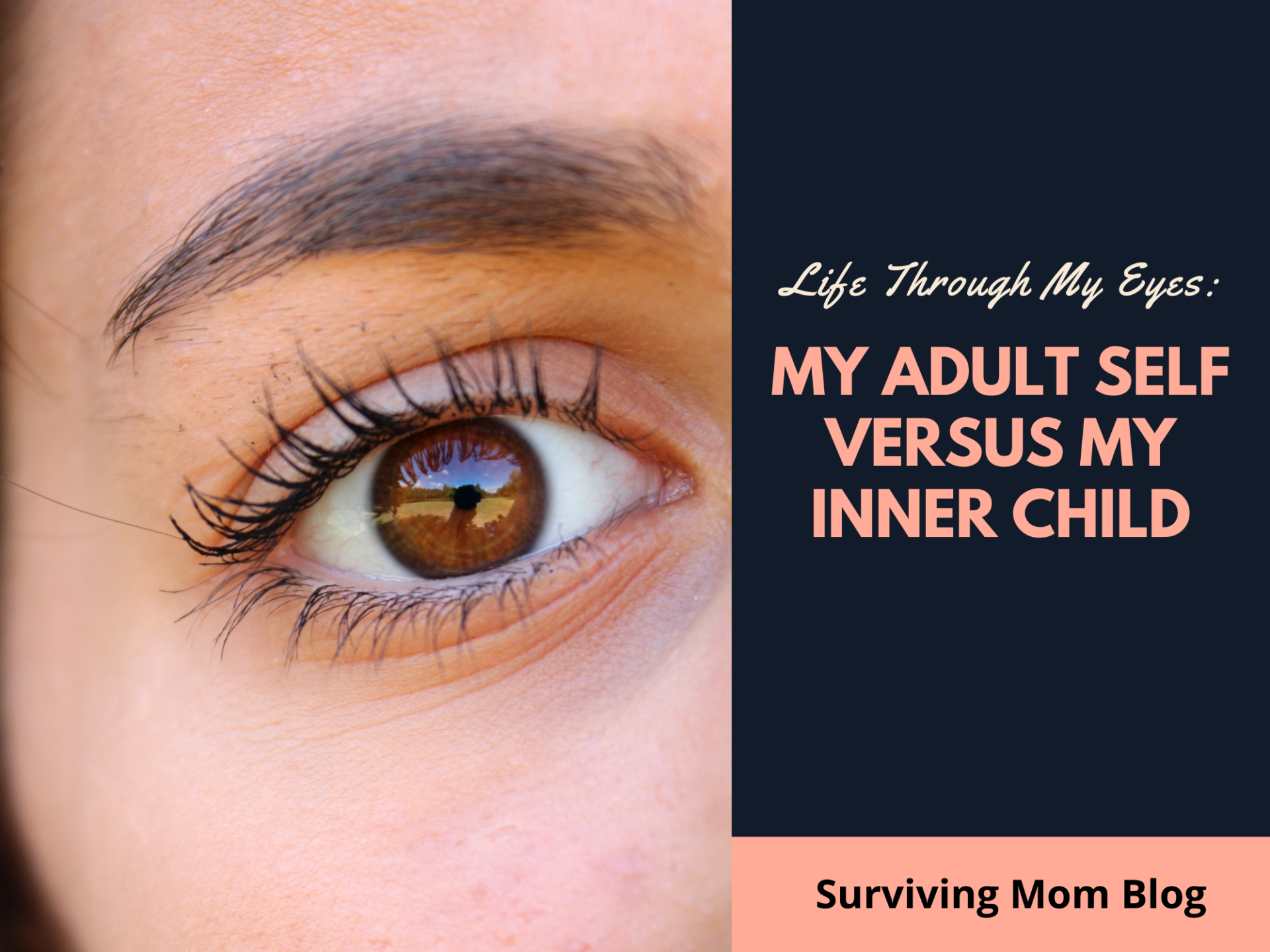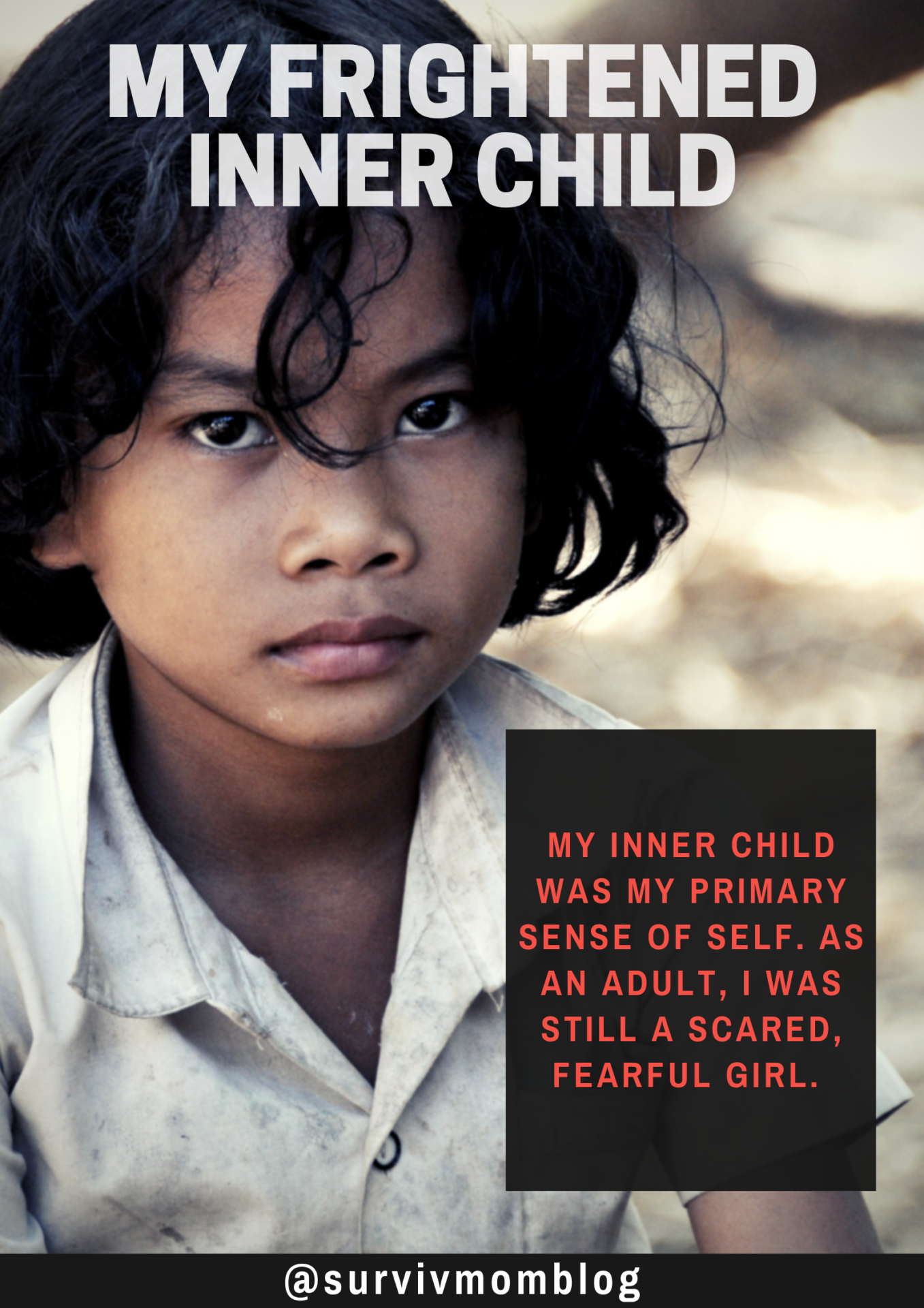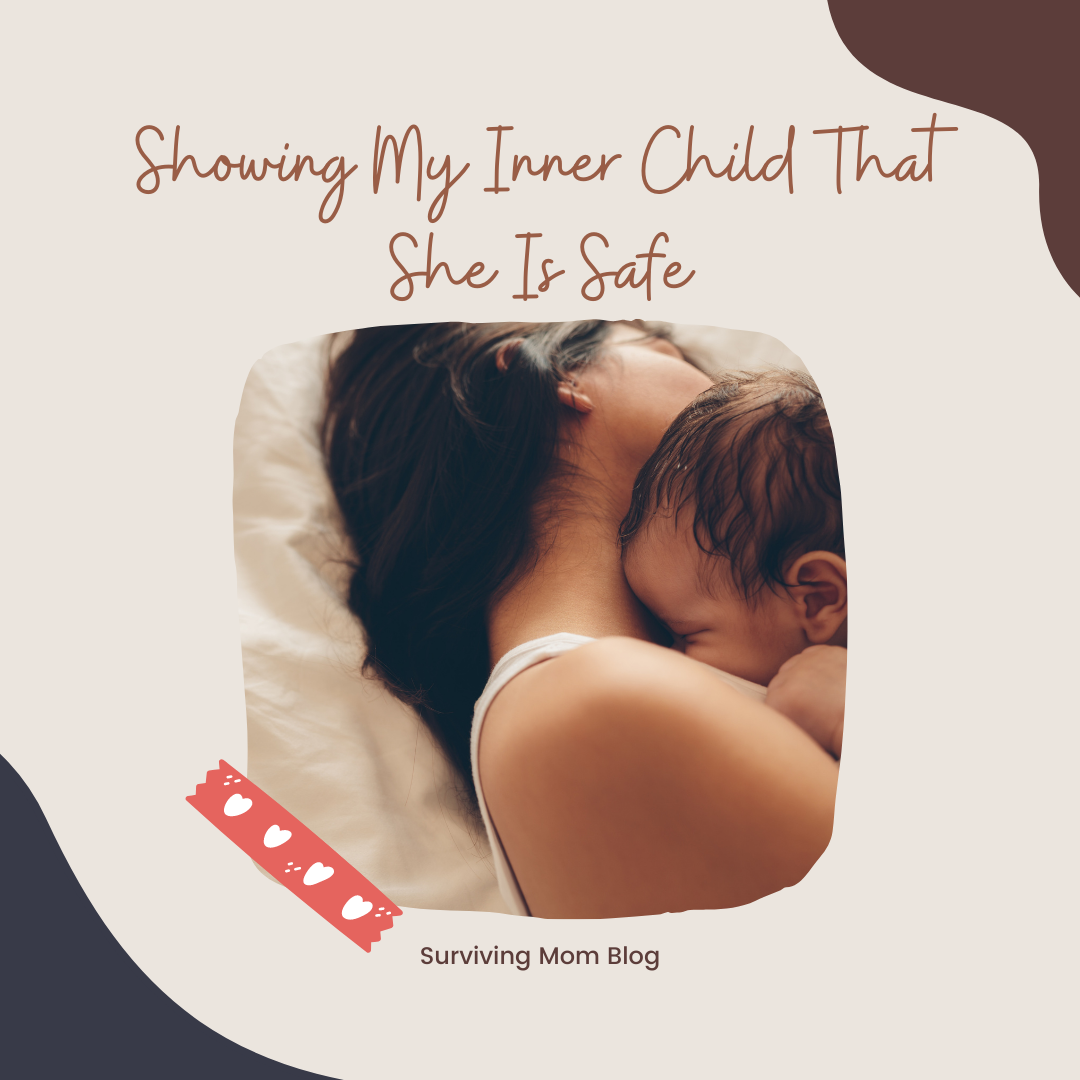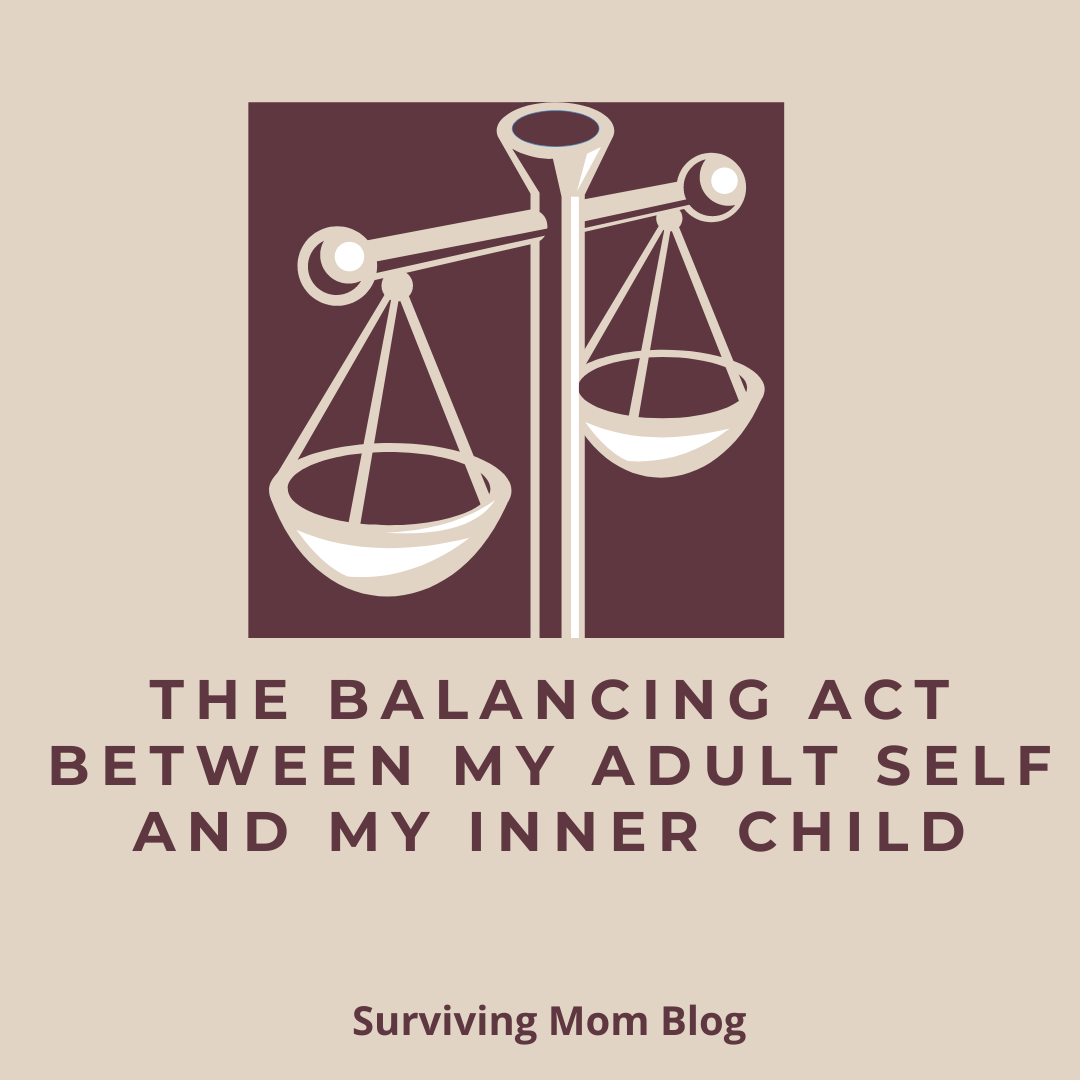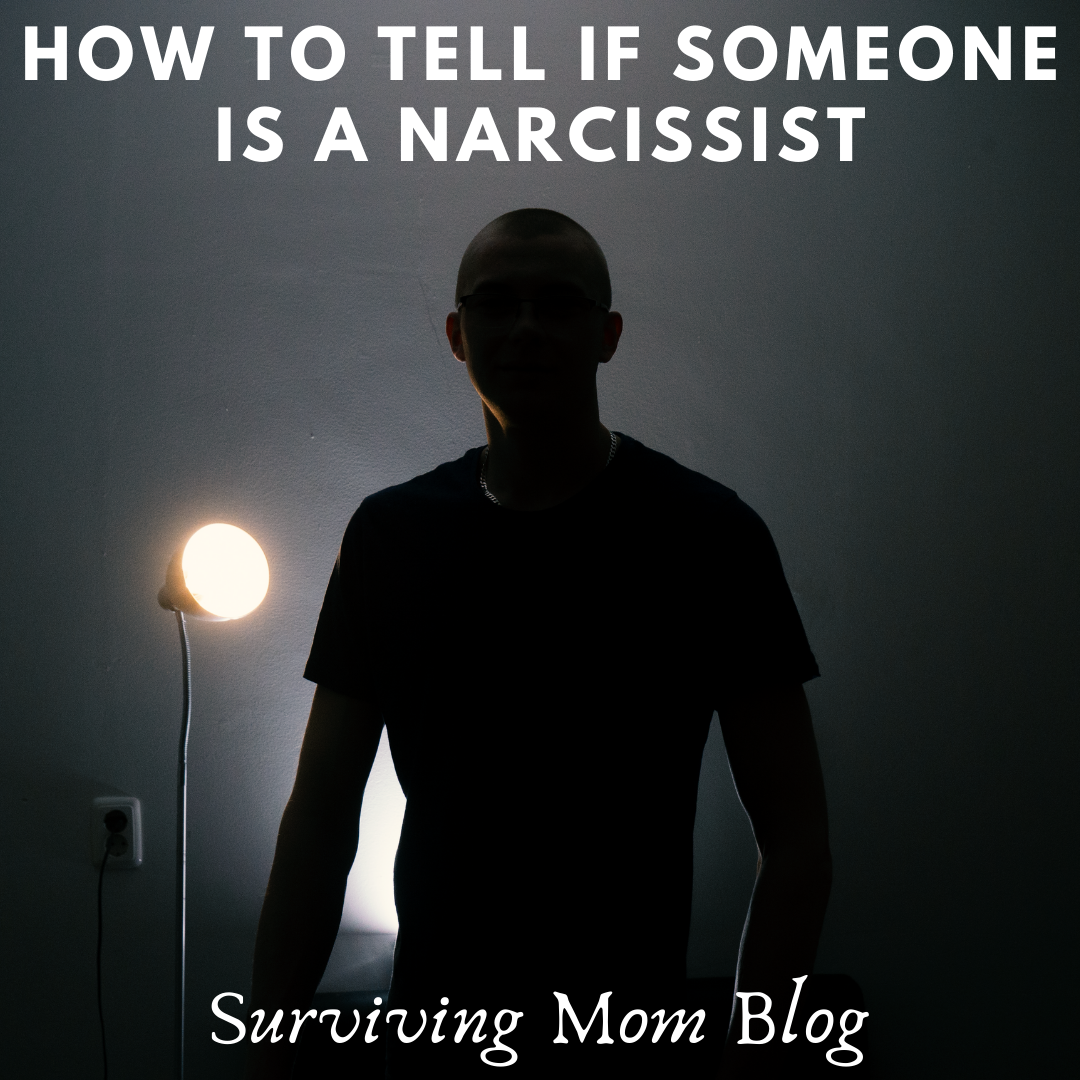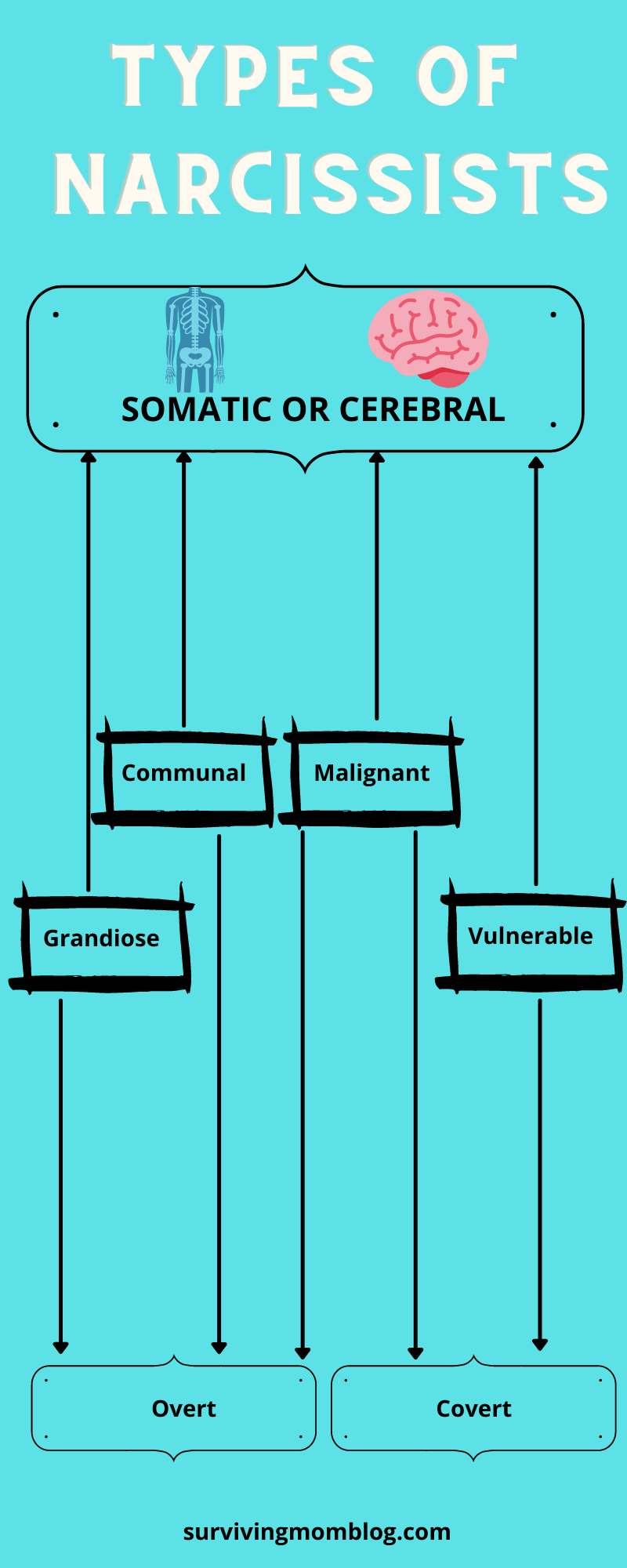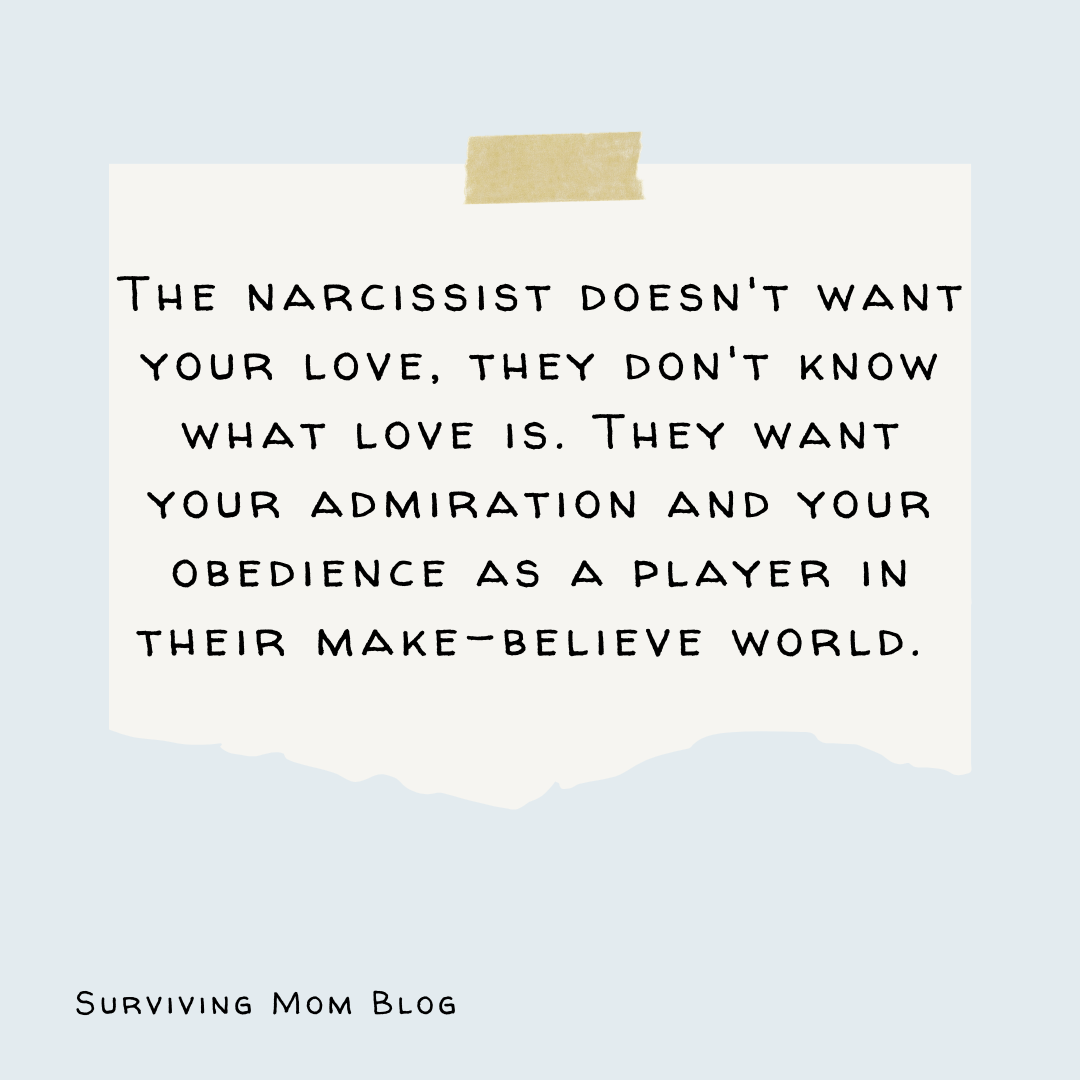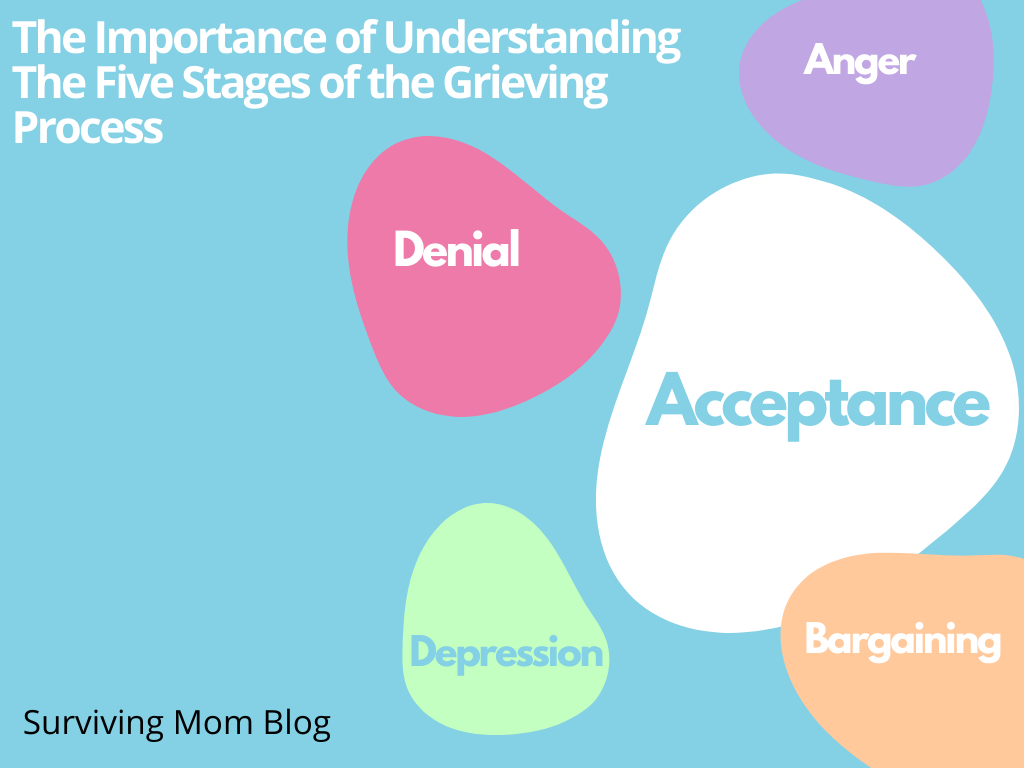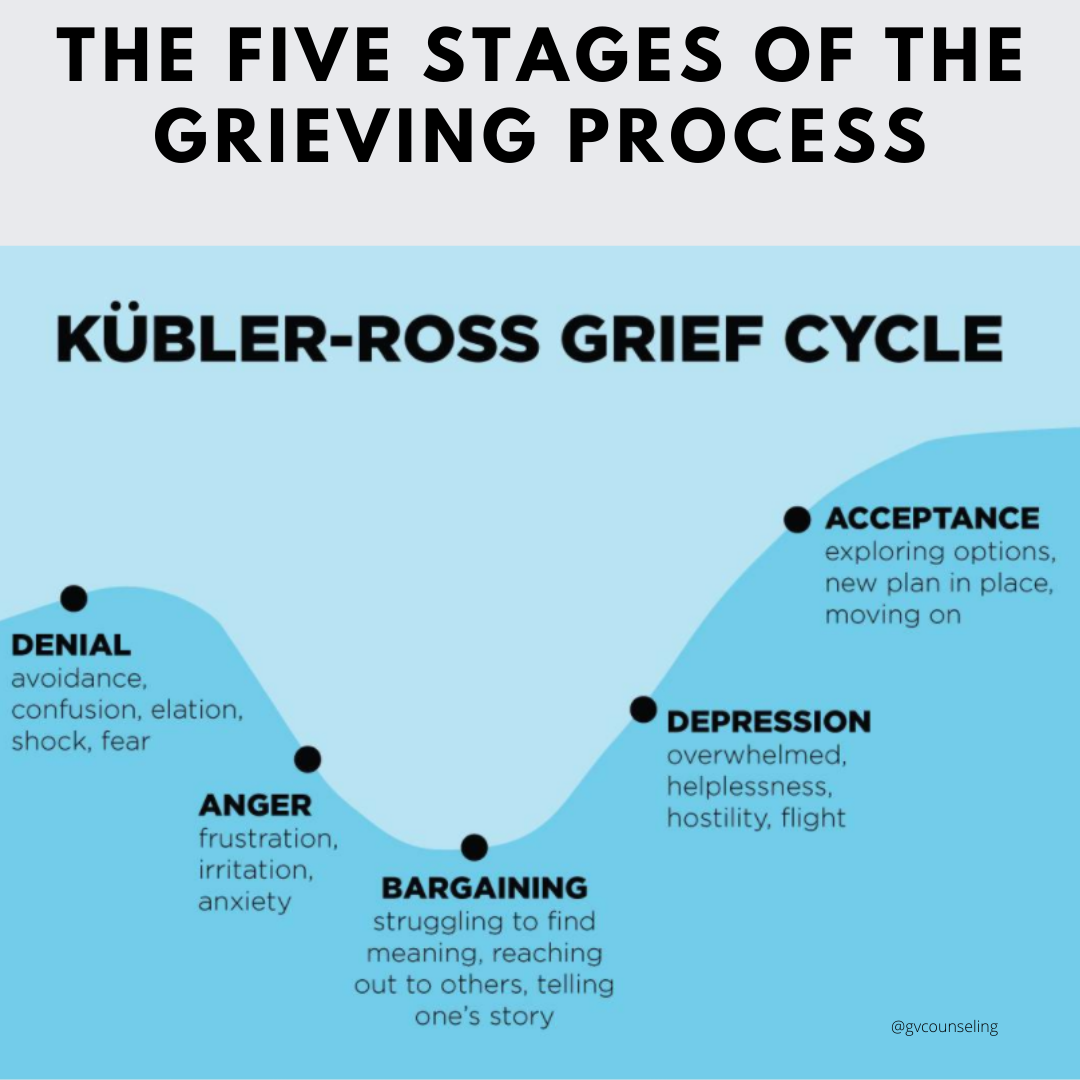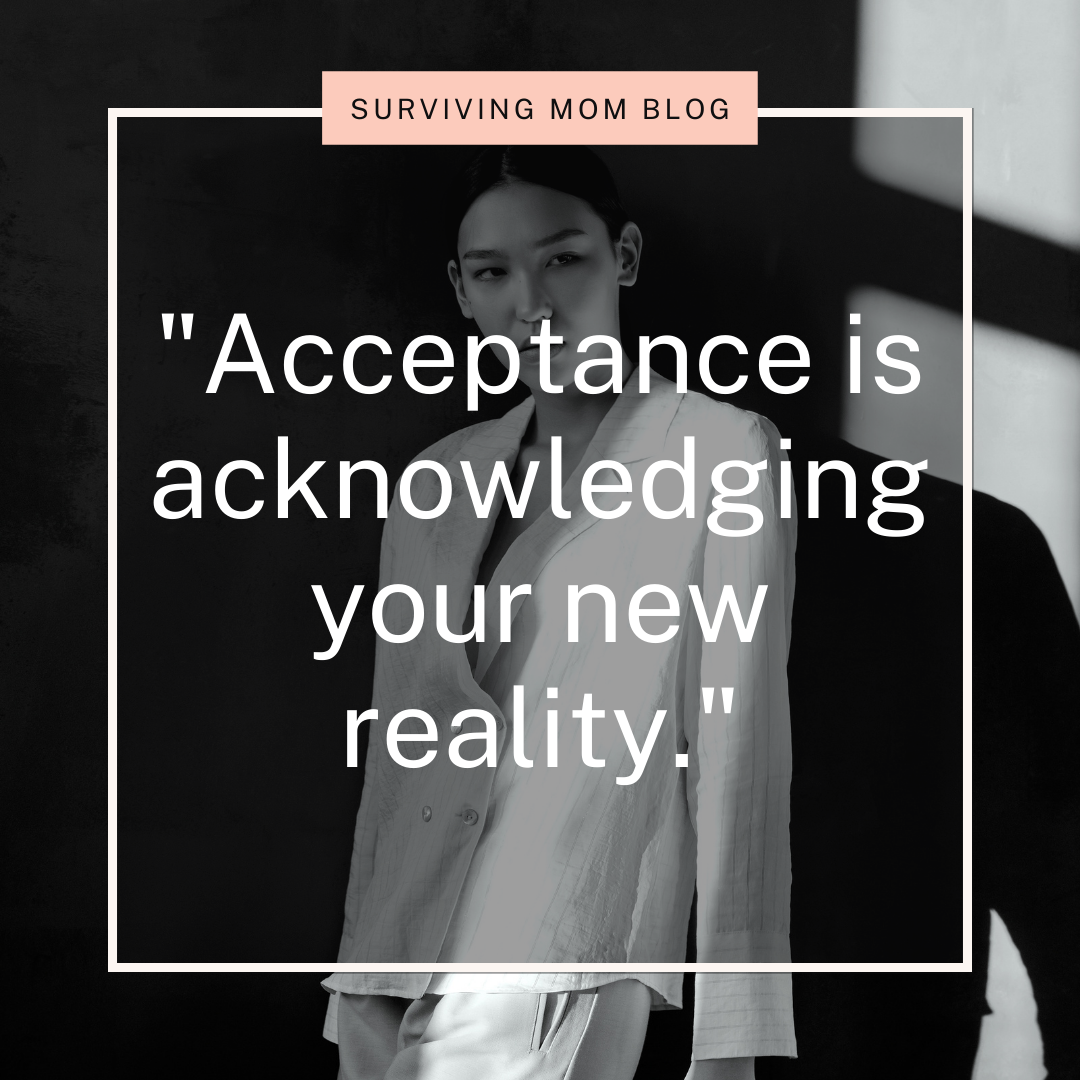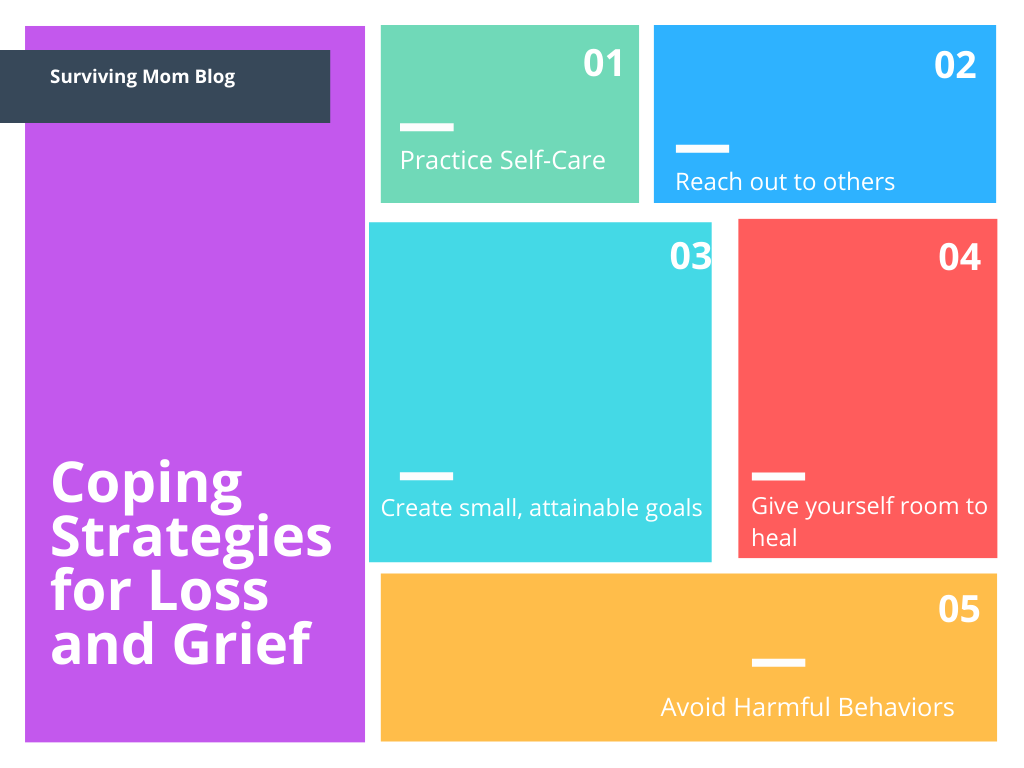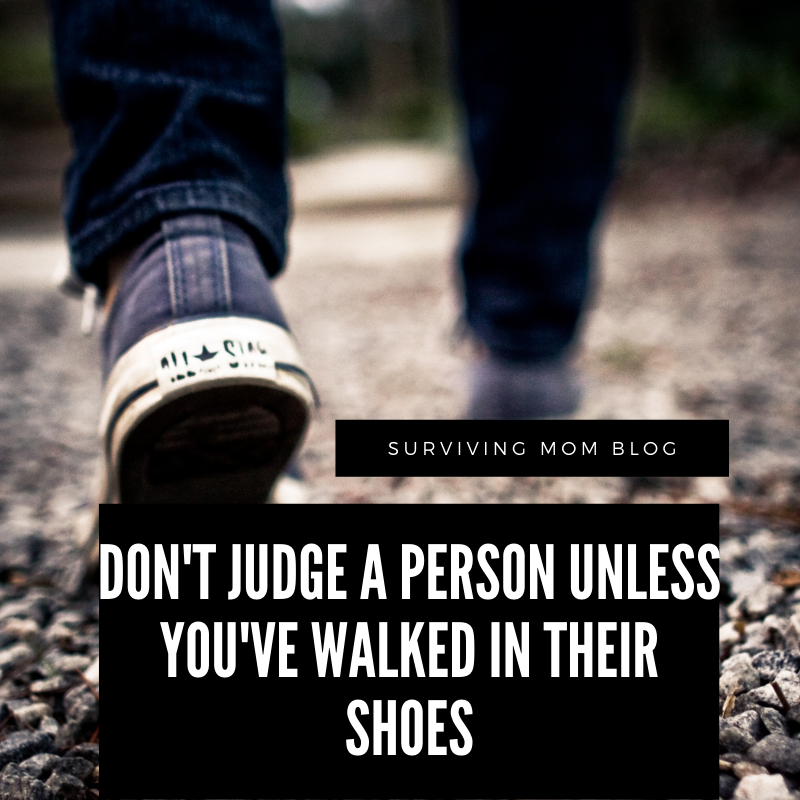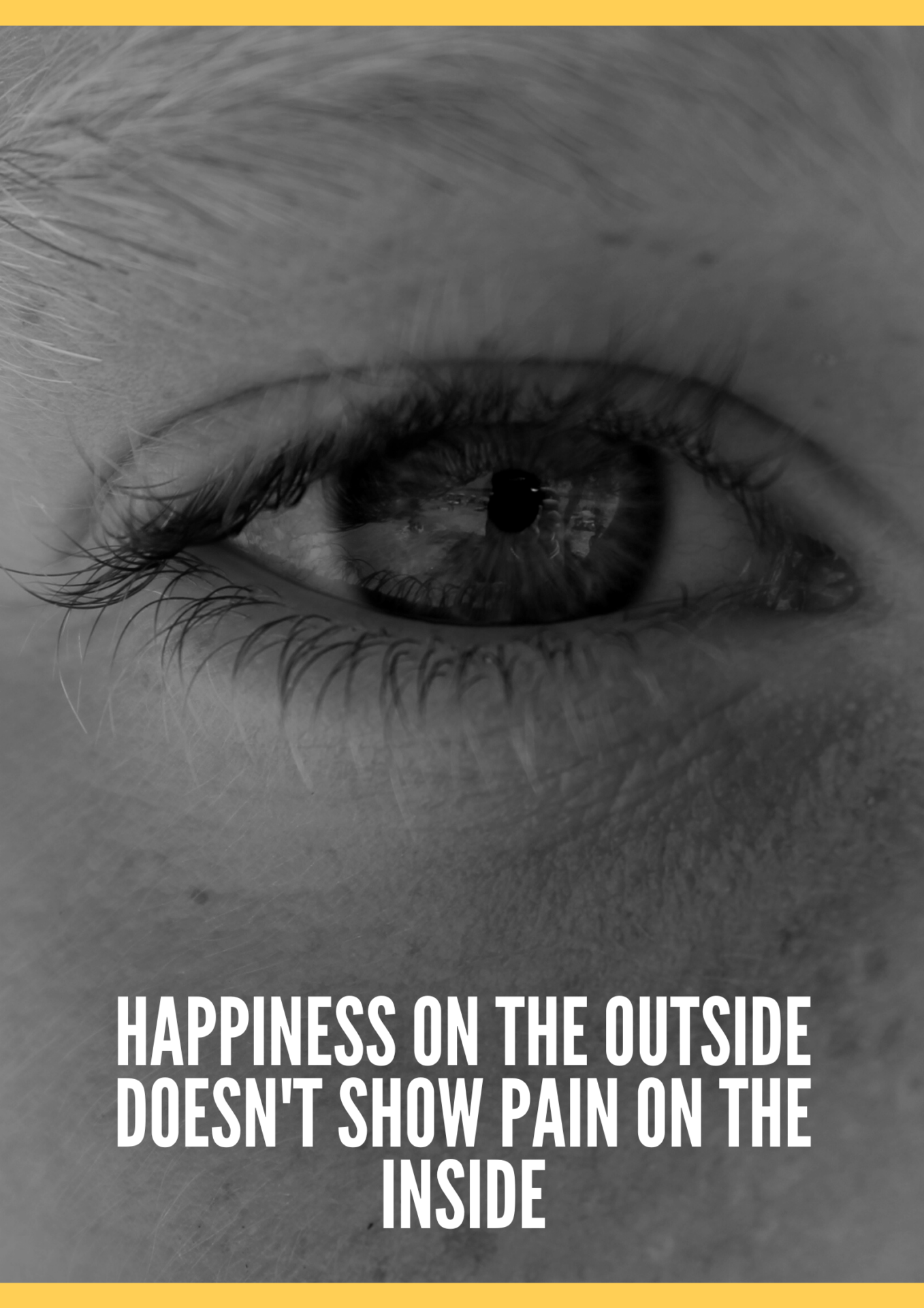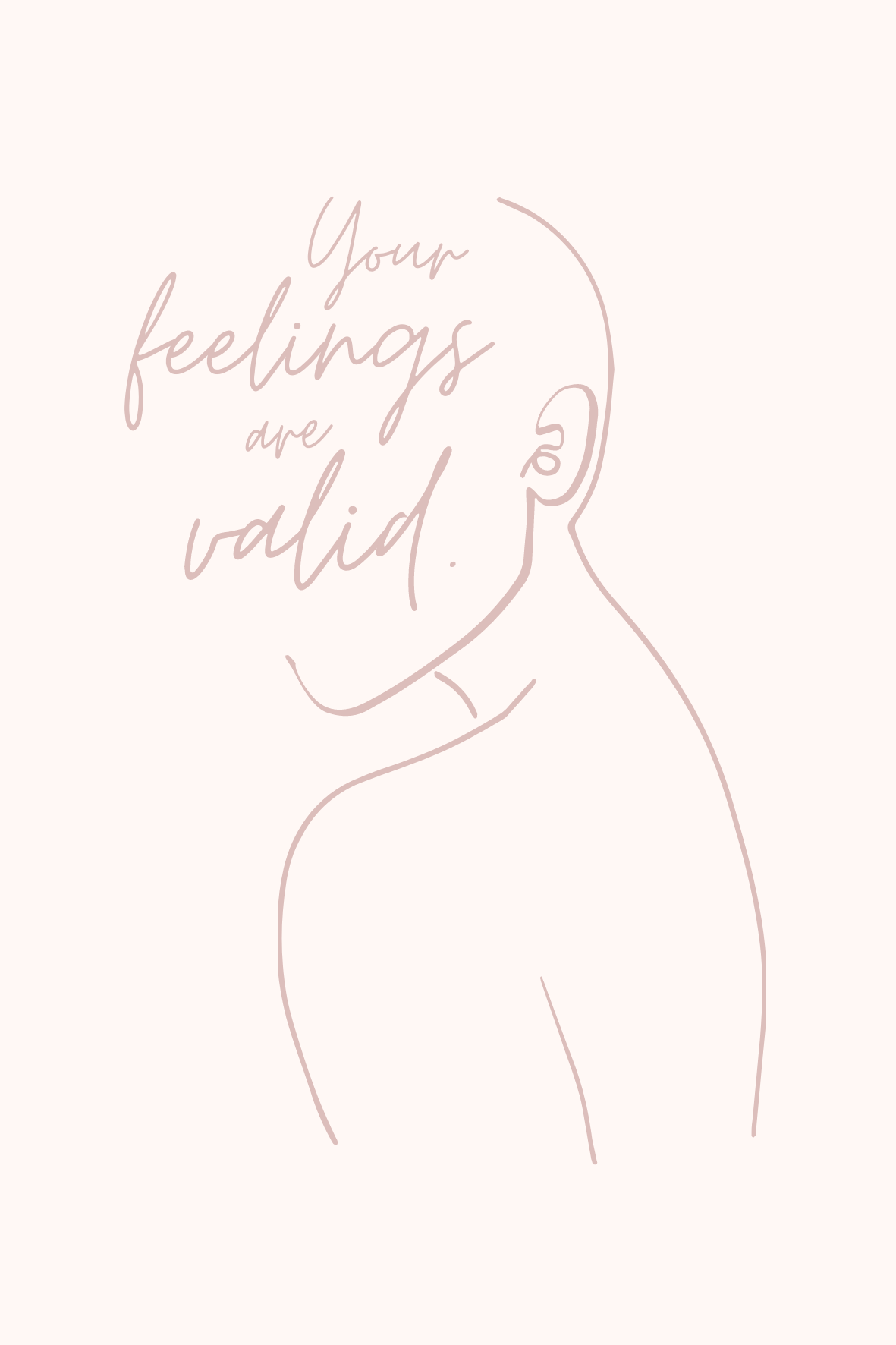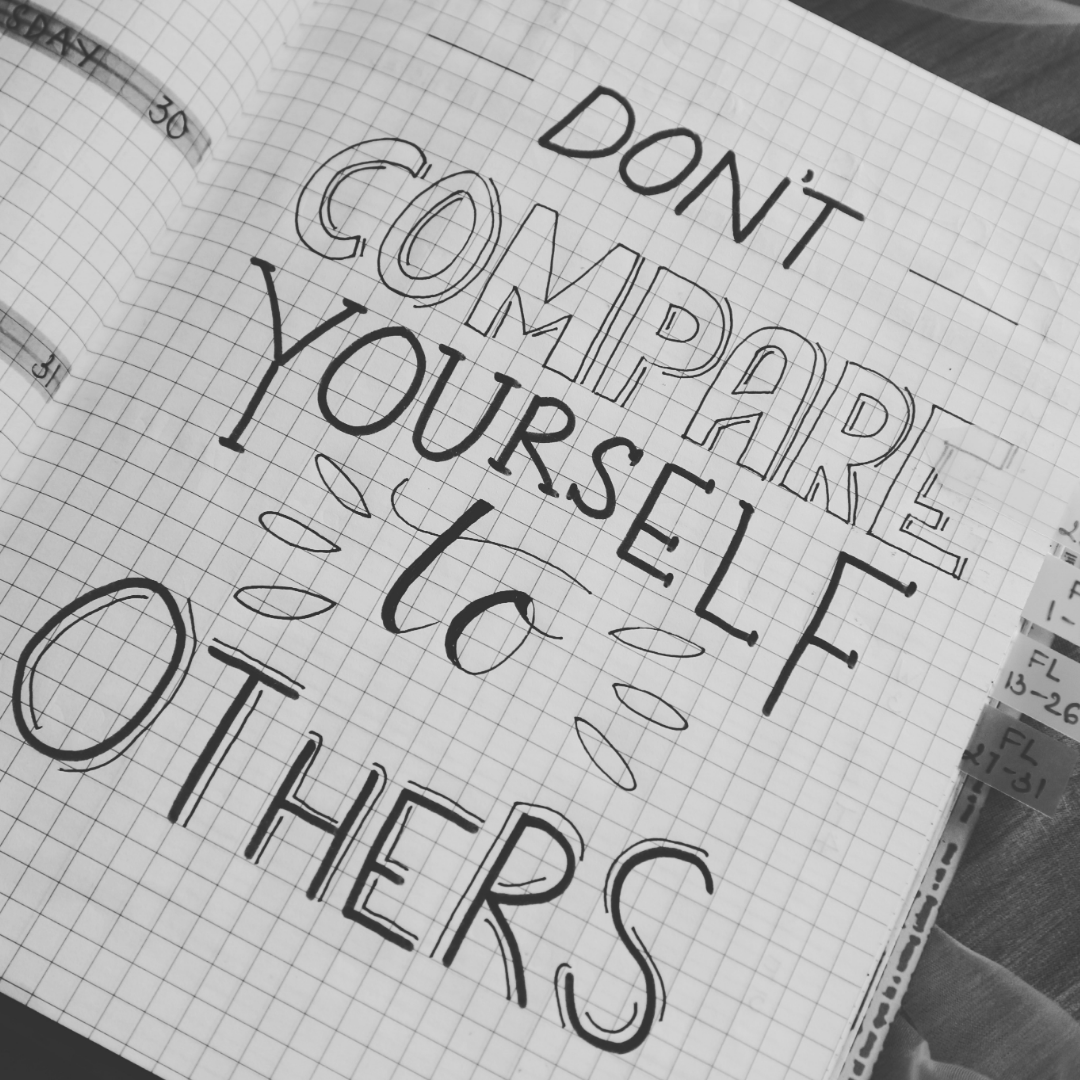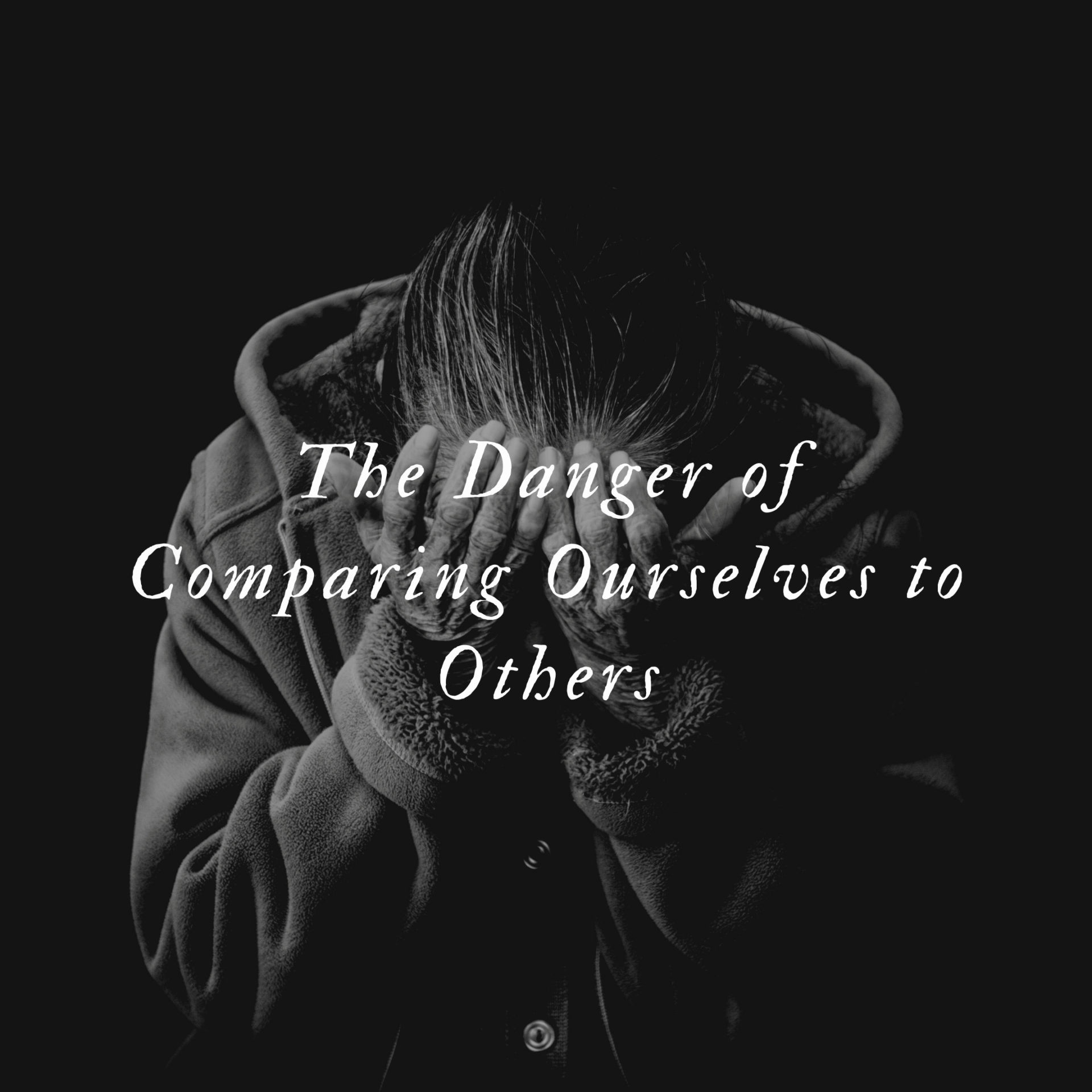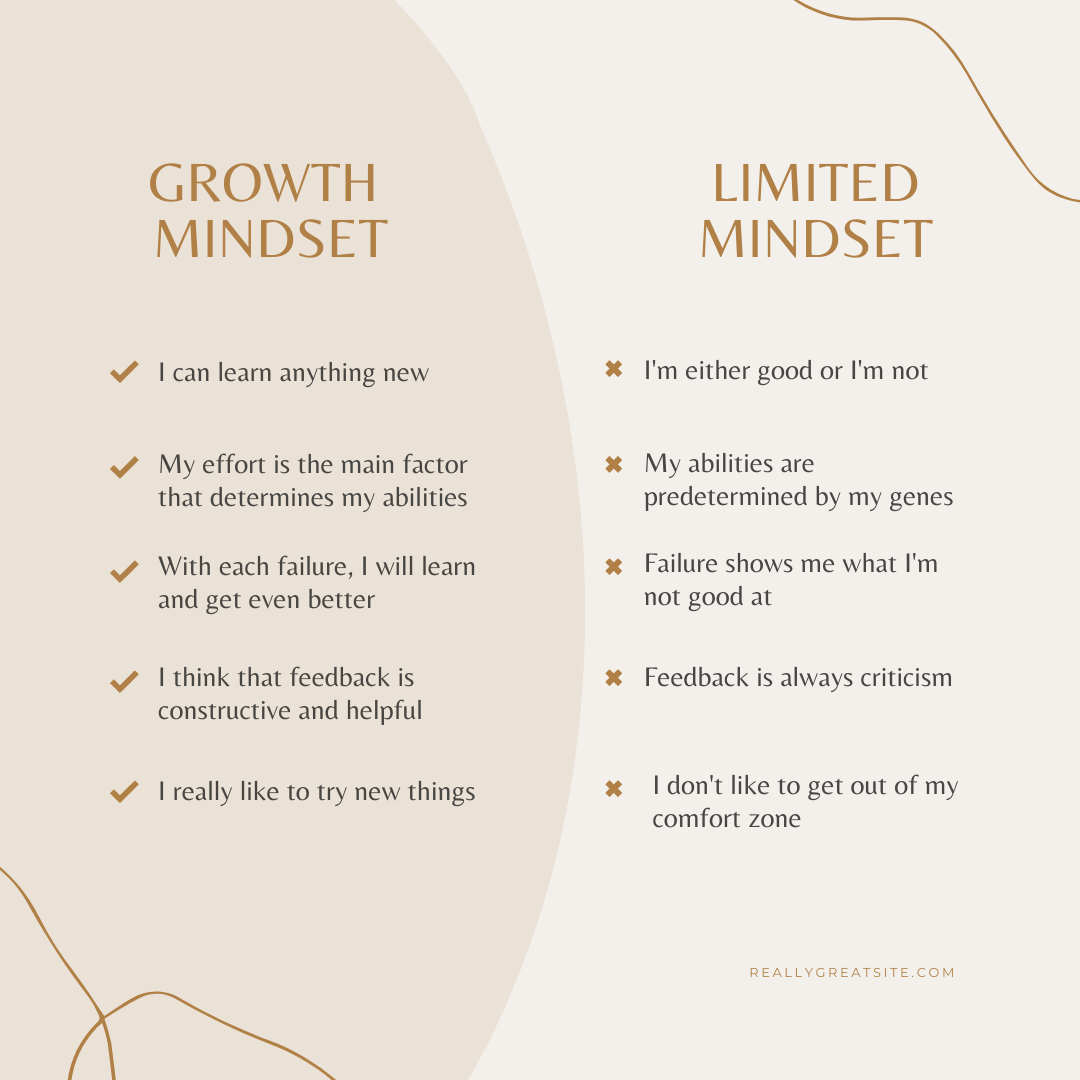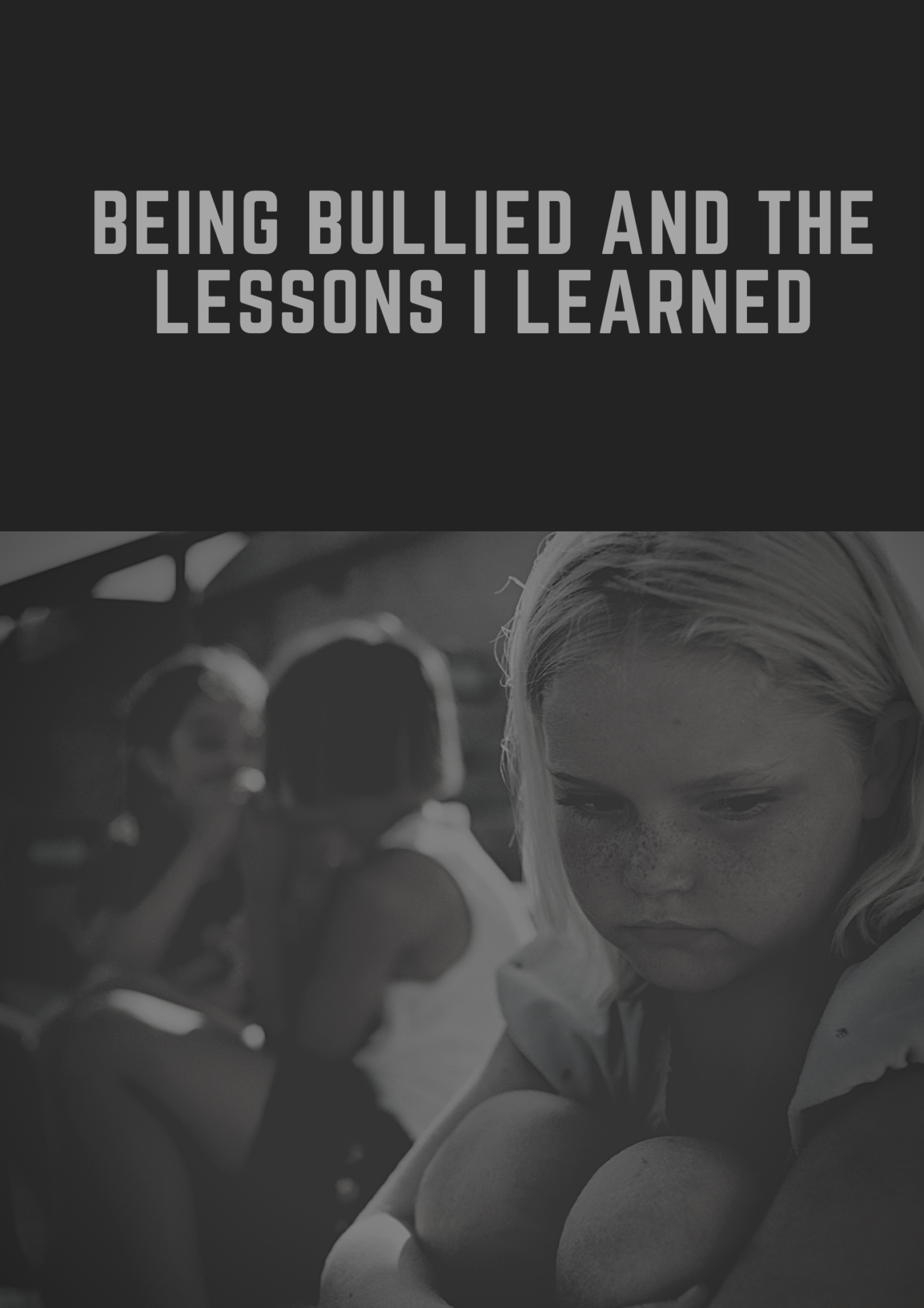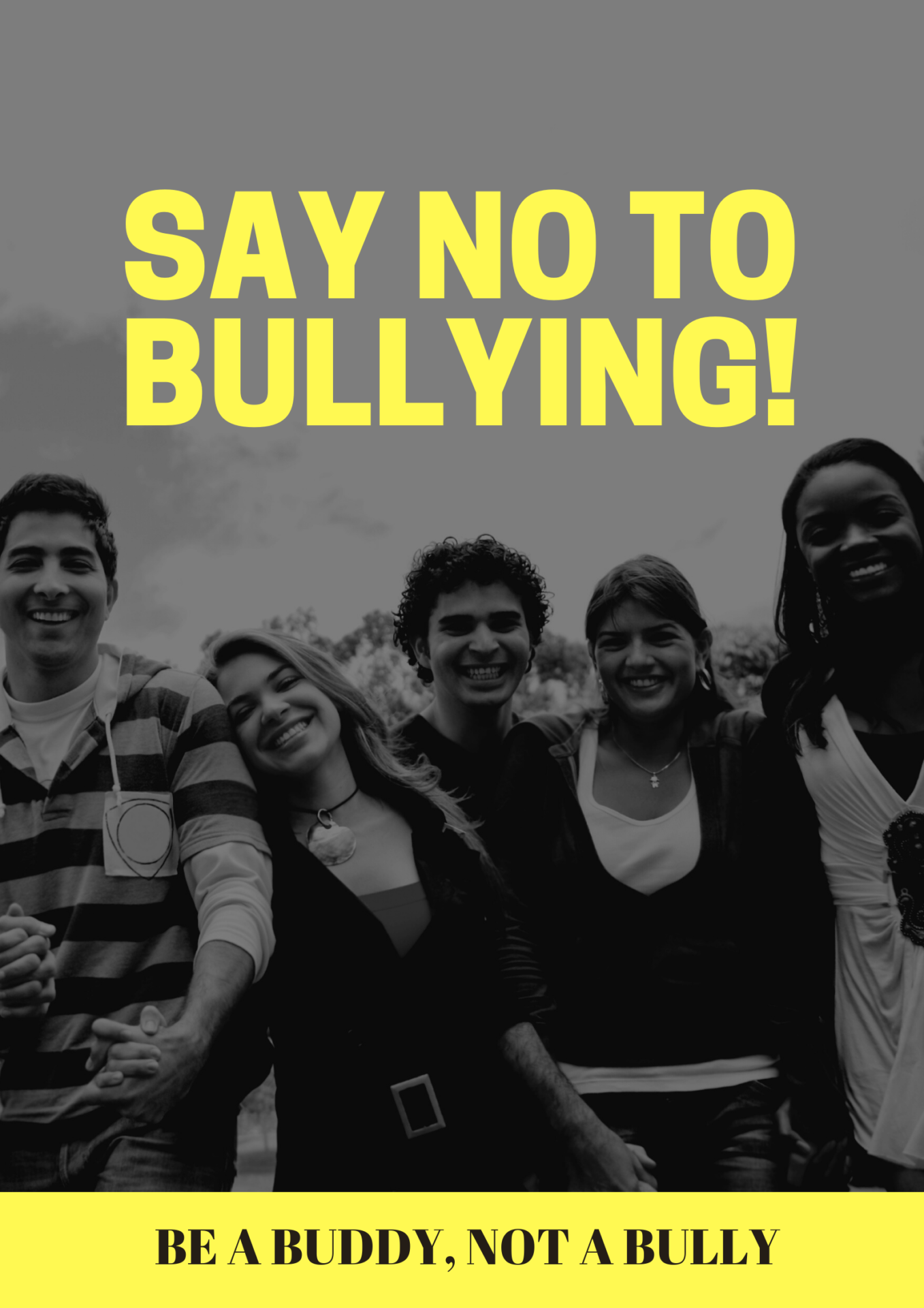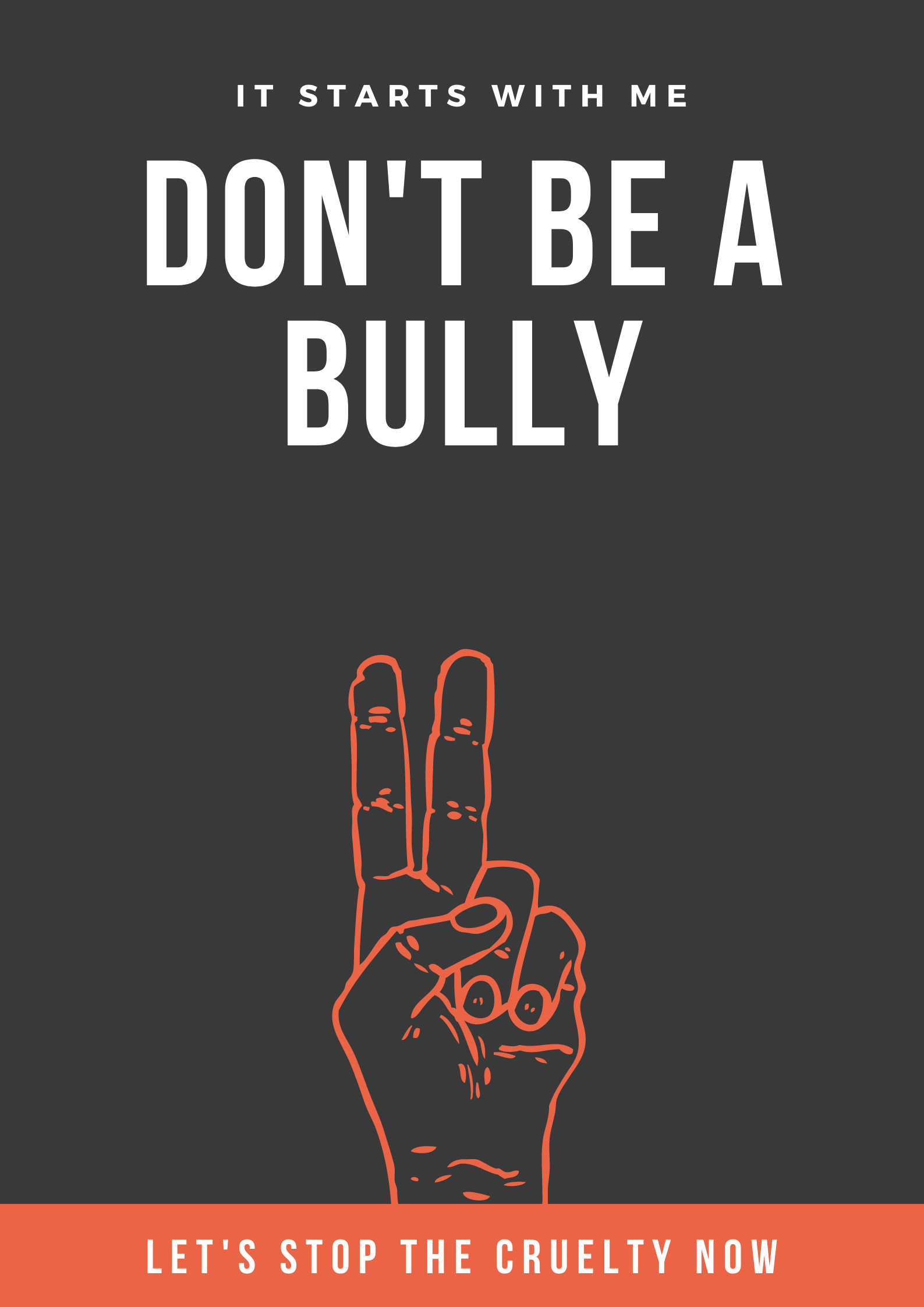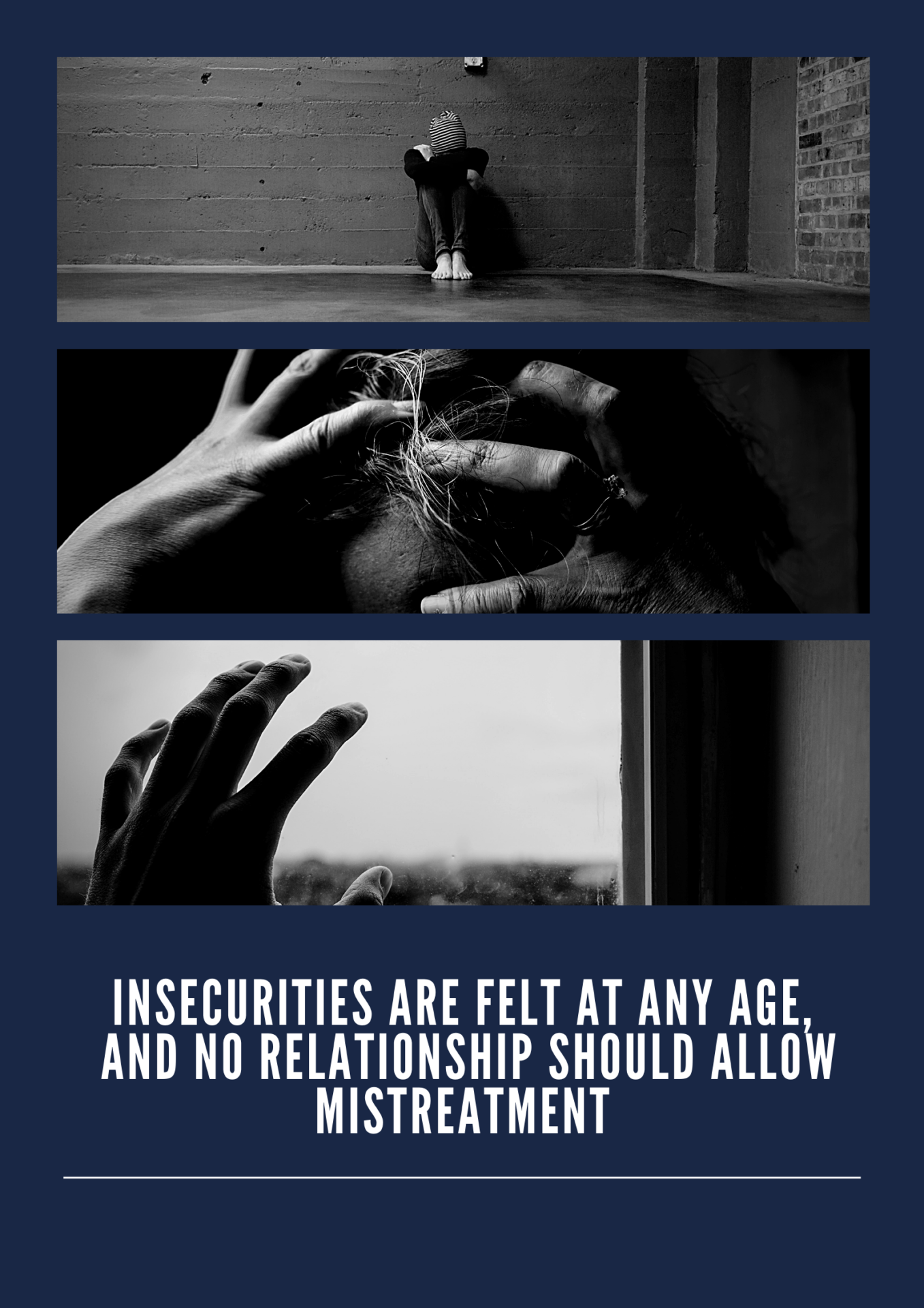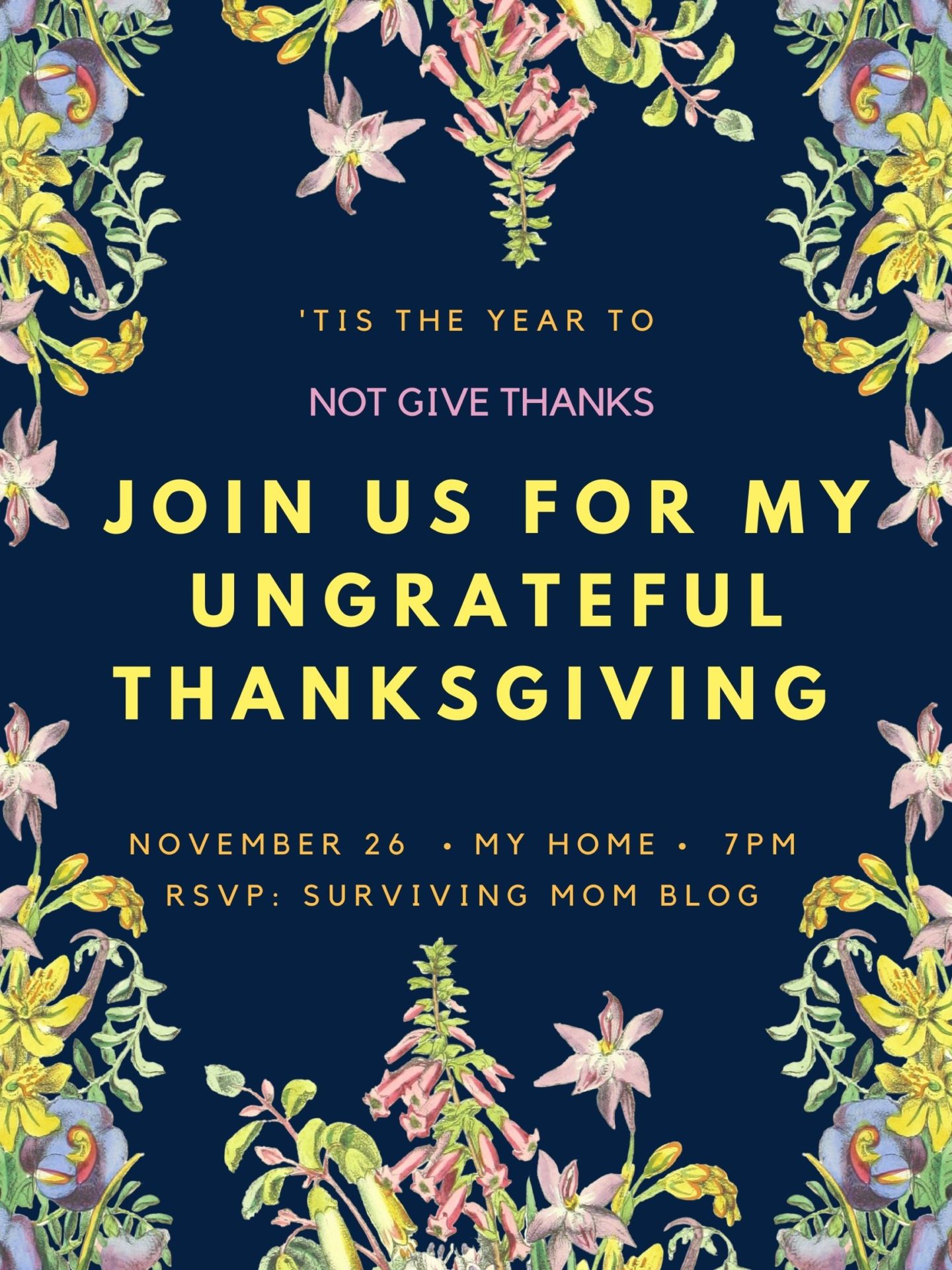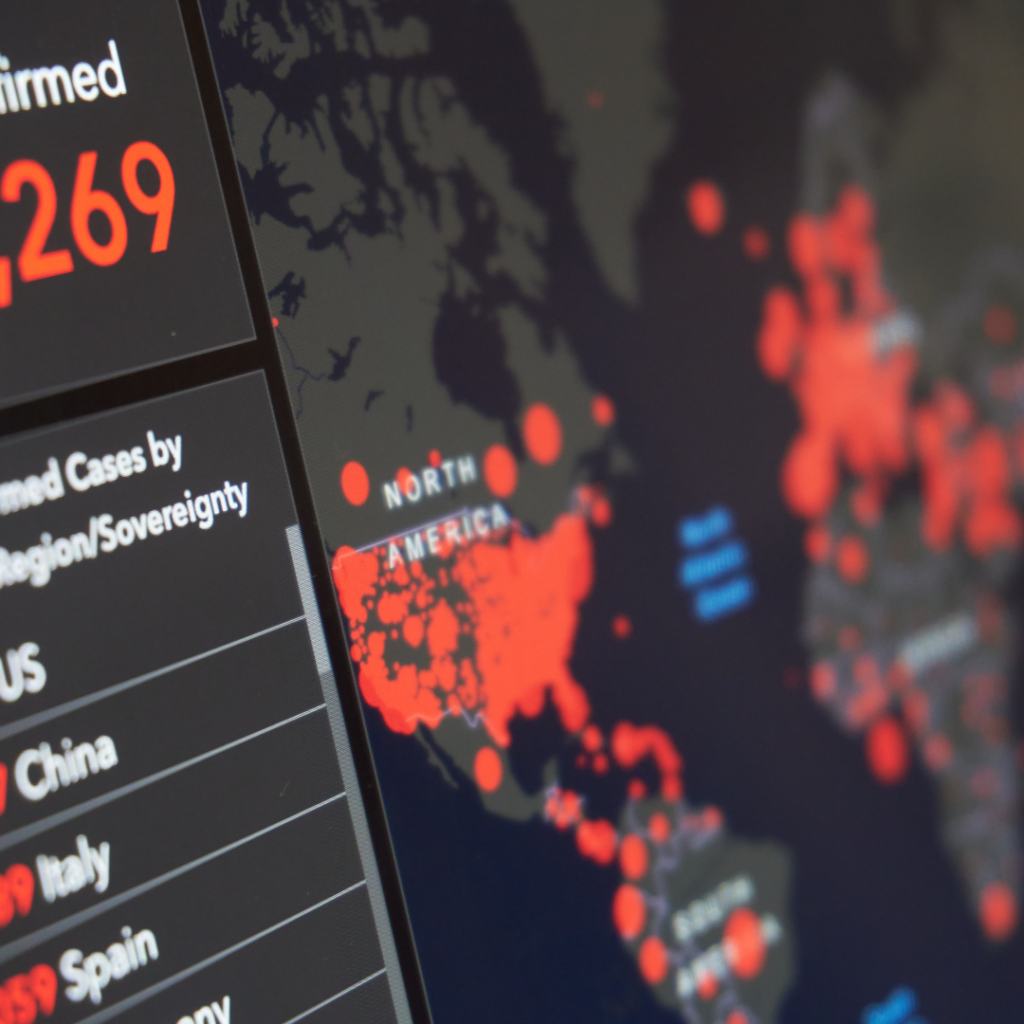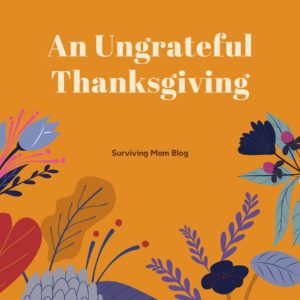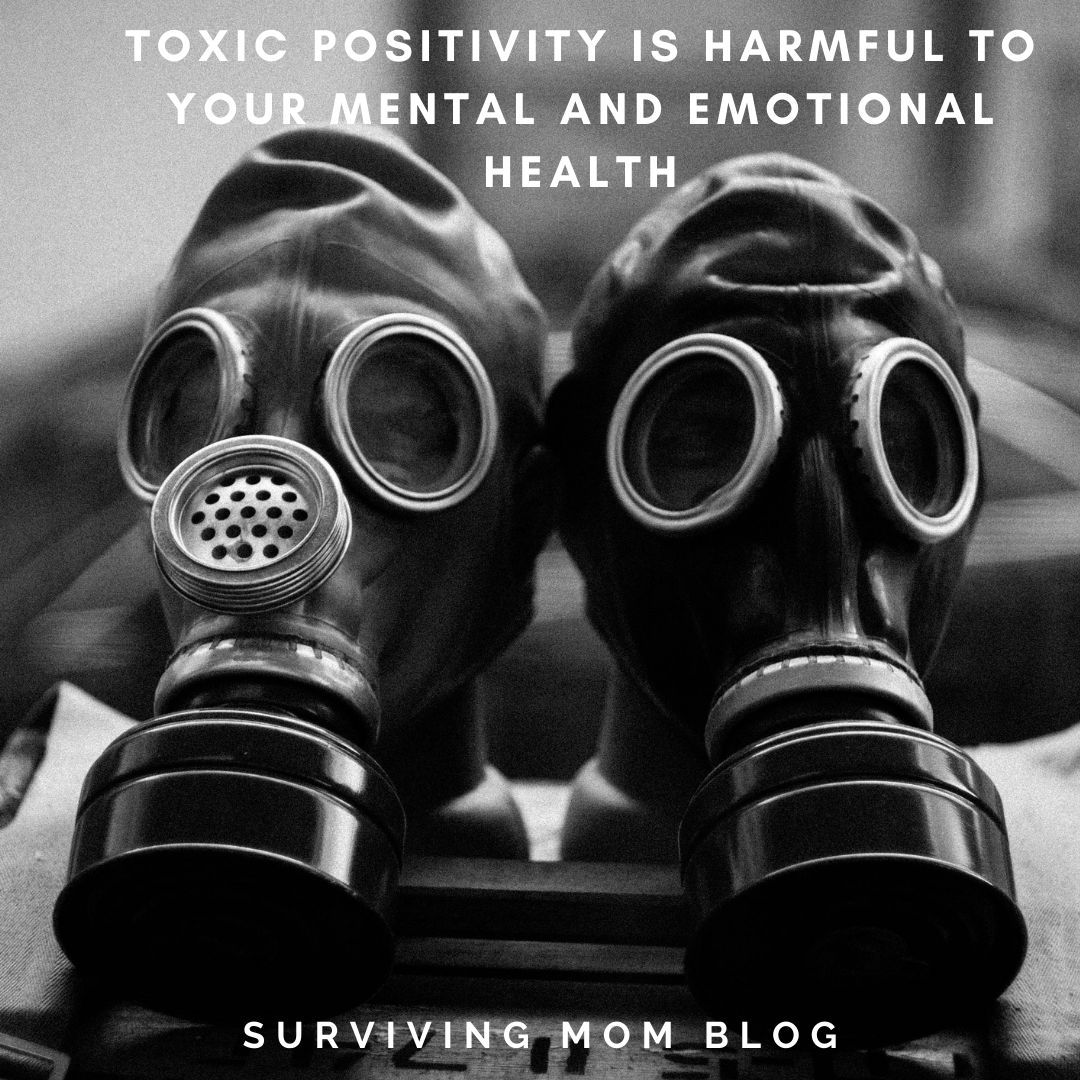
Gratitude jars. Gratitude journals. Stay positive. Stay strong. It could be worse. Focus on the good in your life. Positive vibes only. Choose happiness …. These are all things that we do and say to be mindful of the importance of positivity. We remind ourselves and others to see the glass as half full rather than half empty. Positivity is a good thing, but is there such a thing as too much positivity? That is where toxic positivity comes in, and it is harmful to your mental and emotional health.
What is Toxic Positivity?
Toxic positivity is the belief that the way to cope with any situation is by putting a positive spin on it. Everyone has their own feelings, and one person’s circumstances may seem minimal to another. However, positivity should not be forced upon someone due to different perspectives. Toxic positivity is harmful because it prevents a person from focusing on their painful or negative feelings and/or experiences. If thoughts and/or comments minimize, deny, or invalidate one’s feelings of emotional pain and duress, it is toxic positivity (www.medicalnewstoday.com, 2019 ).
What are signs that you are suffering from toxic positivity?
- Burying your actual feelings
- Believing that those who act positive all the time are stronger
- Dismissing emotions or things that are bothersome
- Feelings of guilt for your emotions
- Minimizing feelings/emotions
- Urging others/yourself to be happy no matter what
- Giving unsolicited advice and trying to change a person’s perspective about their feelings/emotions
- Criticizing others/yourself for feeling emotions that aren’t positive (www.thepsychologygroup.com, 2020)
Why is Toxic Positivity Harmful to Your Mental and Emotional Health?
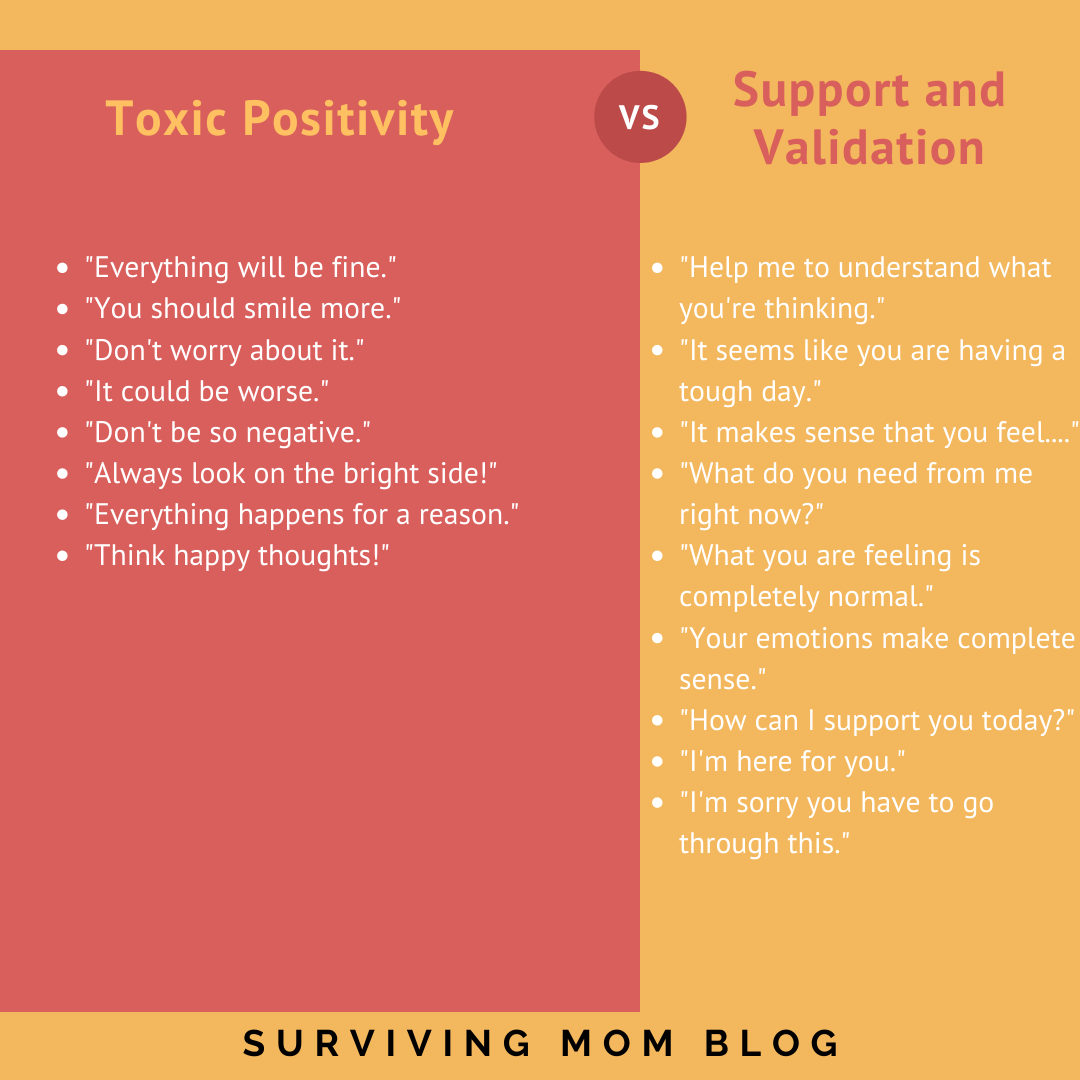
(1) Causes Feelings of shame
If we are told that we should always have a positive outlook, that sets us up to believe that our feelings are bad unless we feel positive. This promotes feelings of shame and guilt. We will feel shame for how we are feeling because of being judged by others.
(2) Makes unpleasant and difficult emotions bigger and more difficult to handle
When we deny, suppress emotions, and/or keep feelings to ourselves, this only puts a temporary band aid on our pain. Although we may put on a façade of being fine, that doesn’t mean that we are okay on the inside. We all need a healthy outlet to express ourselves and address our feelings. If feelings are suppressed, they will eventually come out in one form or another. Those feelings may become intensified because of the time that was spent avoiding it. One also may turn to unhealthy coping mechanisms.
(3) Lack of connection
If we feel judged or feel shame for our feelings due to toxic positivity, we may choose to hide those parts of ourselves. This results in superficial relationships where we only show certain sides of ourselves. As a result, relationships are disingenuous and lack honesty and intimacy.
(4) Lack of communication
Communication may be limited due to a lack of support and validation for feelings other than pleasant ones. Discussion would be selective instead of a true connection where you can be yourself with others. Additionally, problems and concerns cannot be solved if they are not acknowledged and addressed.
(5) Underestimate abuse
If we don’t allow ourselves to acknowledge our hardships, we are more likely to stay in abusive relationships and toxic situations.
(6) Low self-esteem
Toxic positivity causes us to feel badly about our feelings and emotional responses, which in turn makes us feel insecure and lack confidence.
(7) Less likely to seek professional help
If we are burying our feelings, we will not get the help we need to work through them.
(8) Psychological difficulties
A lack of processing our feelings can cause prolonged grief, increased stress, increased substance abuse, and PTSD (healthline.com, 2020). A study found that people who avoid acknowledging emotions damage their psychological health (washingtonpost.com, 2019)
tips and strategies
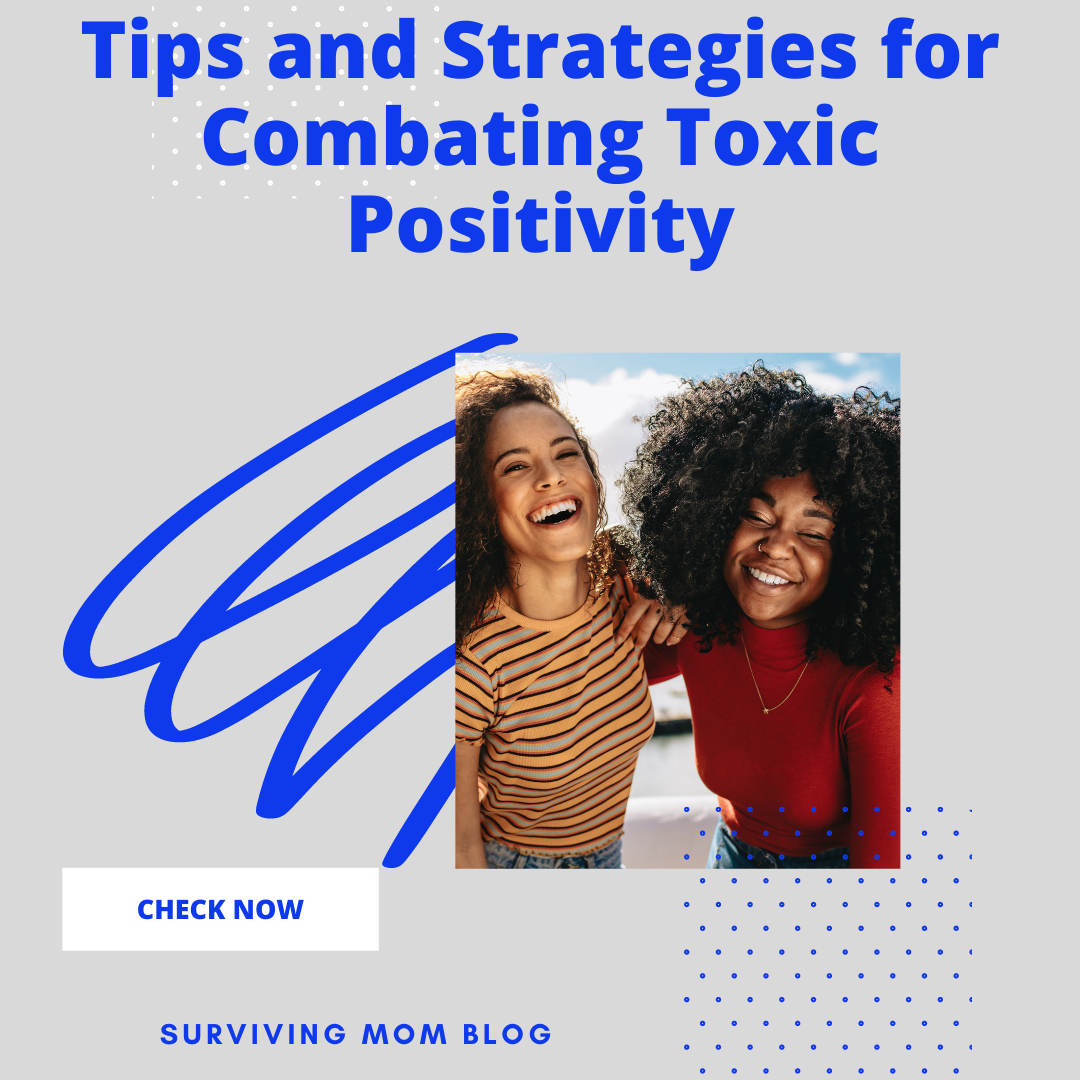
(1) Accept difficult emotions
As I discussed in my it’s okay to not be okay post, it is necessary to recognize that negative and/or unpleasant emotions are normal. We are not going to be okay all the time, and that is part of life. Show acceptance for how you are feeling by acknowledging your emotions. Instead of trying to force them away, allow yourself to feel however you feel. Writing down your feelings is a good way to process them and helps us to better manage them.
(2) Validate and reinforce other’s feelings
Encourage others to speak about their feelings, and do not avoid conversations that make you feel uncomfortable. Do not try to fix someone else’s problems or feelings or offer unsolicited advice. Instead, show support and empathy. Reinforce that you understand how they are feeling and ask how you can help them. Sometimes having someone validate your feelings is all a person needs. Remember, you don’t need to feel the same way that they do in order to show support and empathy. Validation is about acknowledging how they feel without judgment.
(3) Give yourself compassion
When you are experiencing difficult emotions, give yourself the support and compassion that you should show others. Judging yourself will only cause you to run away from your feelings.
(4) Take the time to care for your well-being
Having a self-care routine allows you to take time for yourself and prioritizes your mental health. This ensures that you are in tune with your feelings instead of ignoring or minimizing them. Self-care is not a cure for negative feelings, but it helps you to be aware of your emotional and mental needs.
(5) You can feel opposing feelings
As someone who has chronic anxiety, I know firsthand that I feel anxious while also feeling grateful. One does not supersede or replace the other. We all have a range of emotions and feelings, and we can feel more than one at the same time. Recognizing that it is okay to feel opposing feelings allows us to better manage our emotions. It is important to accept how we are feeling while seeking healthy coping mechanisms to process those feelings/circumstances. Some emotions will linger more than others, and that is okay. Healthy positivity means feeling authentic emotions, whatever they may be.
(6) Set realistic goals
Instead of suppressing emotions, set reasonable goals that focus on behavior rather than emotion. For example, if you like Pilates, set a goal to do Pilates a certain number of times that week. We cannot and should not try to control how we feel, but we can choose activities that promote mental wellness and feelings of accomplishment.
(7) Set boundaries
What makes positivity toxic is when it is forced upon you so that authentic emotions are being discouraged. If you speak to someone who is promoting toxic positivity, either disengage or let the person know that you don’t agree with that message. We cannot control what others do, but we do get to choose our company.
(8) Be selective with social media
Social media is great for many reasons, but it often showcases only the happy and positive aspects of our lives. Comparing ourselves to others can make us feel shame, and it also promotes an outlook of only positivity. Recognize what is harmful for you and stay away from pages or websites that encourage toxic positivity.
(9) Seek support
Instead of keeping your feelings to yourself, find family, friends and/or a professional that is supportive. Talk to them about how you are feeling and when you are struggling. Surrounding yourself by people that encourage your feelings, good or bad, will help combat toxic positivity.
(10) Avoid labels
Instead of labeling emotions as good or bad, try to see them as messages. They are there to show you what you need and how to make sense of experiences. I remind myself often that my feelings of anxiety are not good or bad. Remember that however you are feeling, those feelings do not define you (healthline.com, 2020).
final thought
The pandemic has brought about a world of uncertainty and fear. We have all had our lives disrupted, and many of us have lost loved ones or are facing economic hardships. It is okay to try to see the positive side of things, but those feelings cannot be forced. Toxic positivity is harmful for your mental and emotional health, and we need to put an end to it. Allow yourself to grieve and feel your emotions, whatever they are. Be a safe person for your friends, family, and loved ones. We cannot make difficult situations better, but we can support one another. That makes all the difference.

